Core Team (Staff & Students)
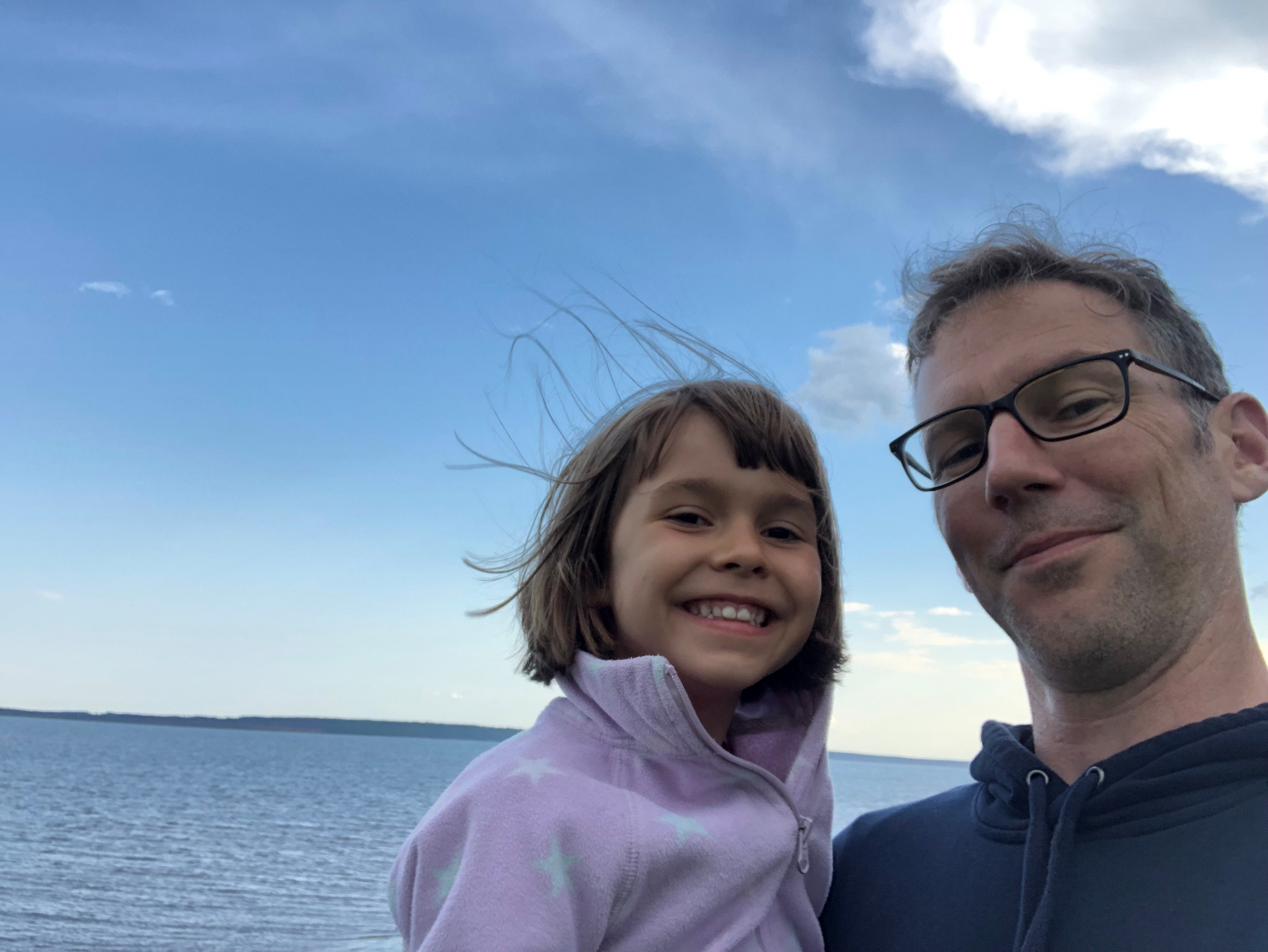
Paul Meier
Core TeamMy name is Paul Meier and I am the HSD Research Support Team Lead. I was born on Iroquois territory and now live with my family on lək̓ʷəŋən territory. I have worked at UVic for 20 years. I am honored to support the work done by Living…
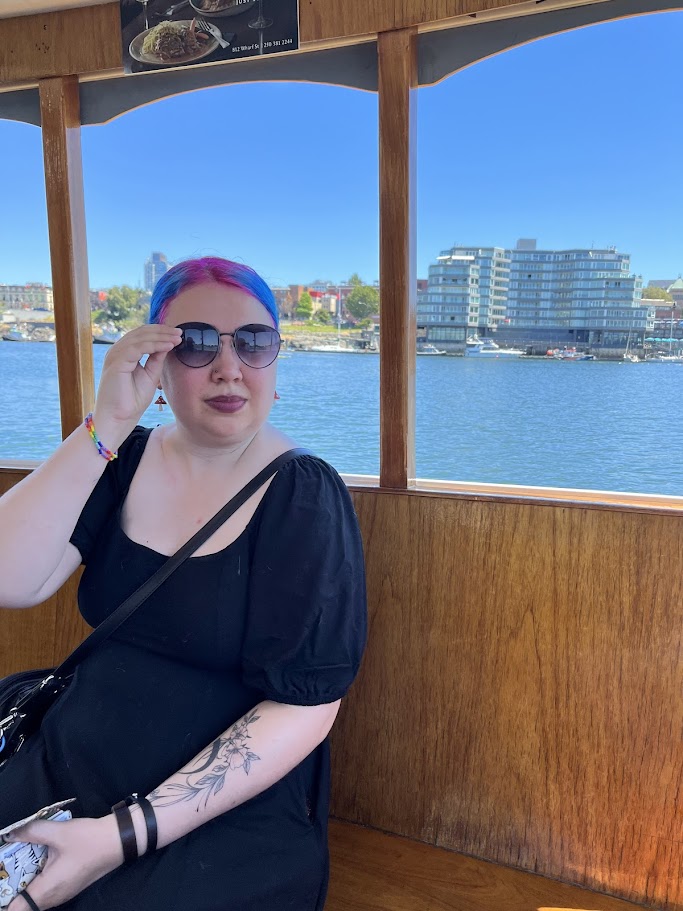
Mo Mitchell (they/them)
Core TeamMy name is Mo Mitchell (they/them), and I am the Research Finance Assistant for the UVic HSD Research Support Team.
I help with account management for the Living Labs project, including invoices, budgeting, and more. As a newcomer to the…
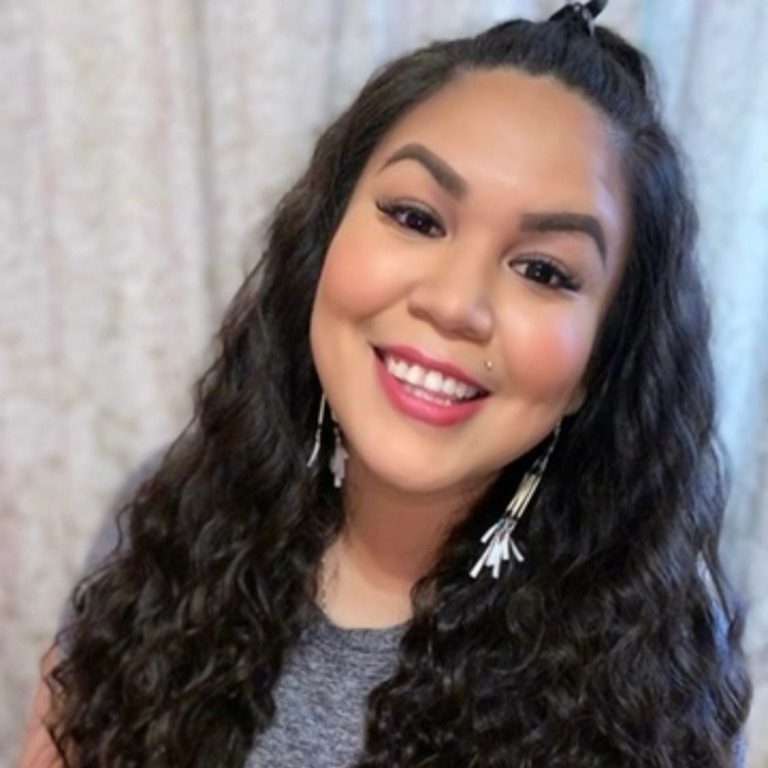
Lyndsey Joseph
Core TeamProgram and Research Developer
ÍY, SȻÁĆEL SIÁM. TE,TES,ȾE ŦE NE SNÁ ĆSE LÁ,E SEN EṮ LEQEṈEN. My name is Lyndsey Joseph, I am Lekwungen from the Songhees First Nation, and I currently reside in Tsawout. I have completed my diploma…
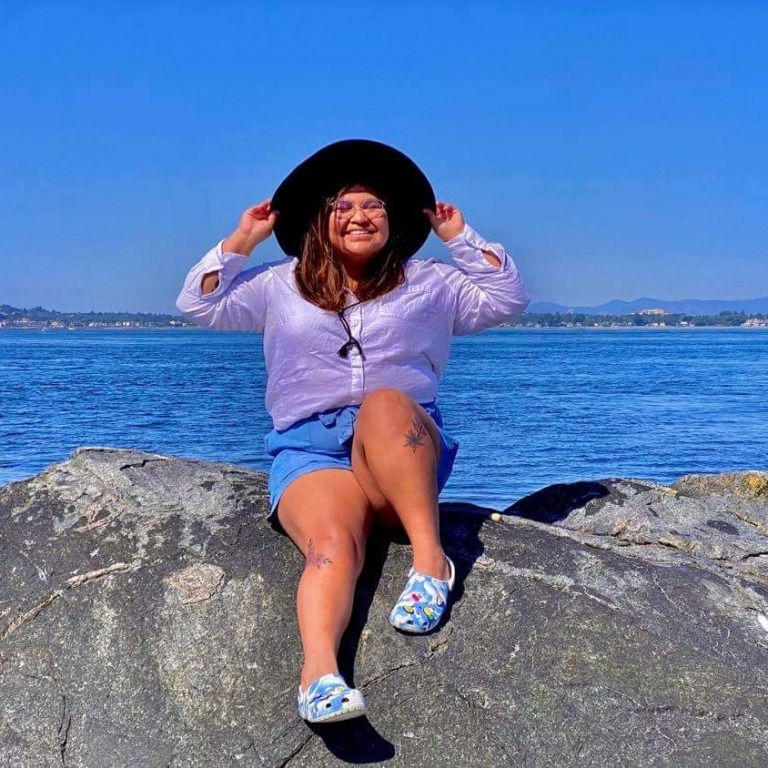
Jessica Joseph
Core TeamJessica Joseph
Arts and Community Engagement Programmer
eyʔ skʷéčəl
I’m Jessica Joseph from the Songhees Nation. I align myself with cultural restoration and art, and I’m inspired by plants and traditional stories. I started working…
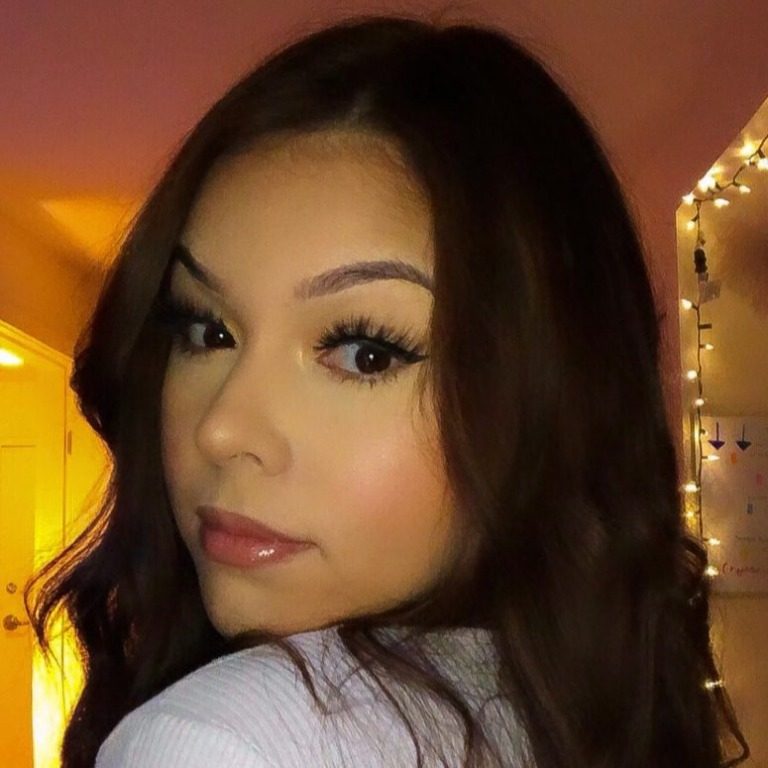
Desiree Jones
Core TeamWSANEC School Board Senior Language Apprentice/Living Lab-WSB Staff Liaison
ÍY, SȻÁĆEL SIÁM NE SĆÁLEĆE. ESE Desiree Jones ĆSE LÁ,E SEN EṮ W̱SÁNEĆ. My name is Desiree Jones, I am from W̱SÁNEĆ territory and Pauquachin First…
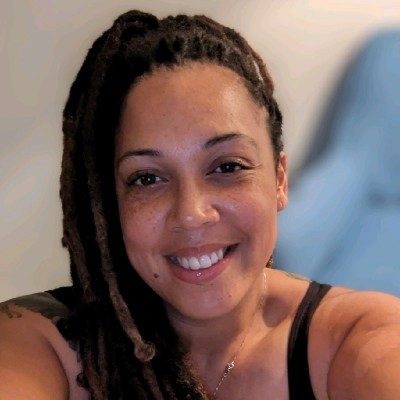
Zarya Thomas
Core TeamEducation & Curriculum Colloborator
I am a Canadian-Afro-Caribbean-Celtic mom of four unschoolers with deep gratitude for the traditional territories of the Quw’utsun peoples on which I currently live, work and play with my family.…
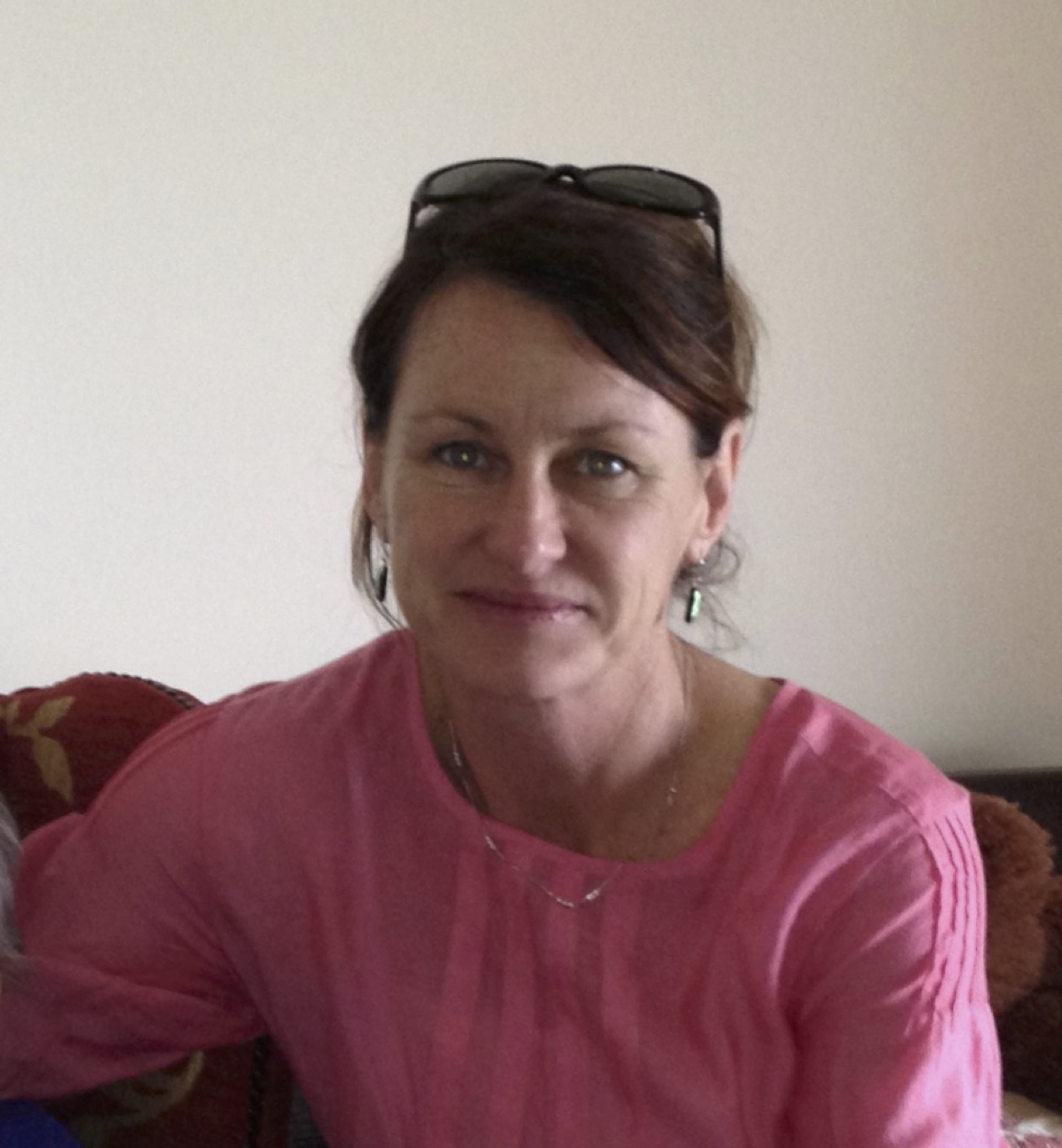
Maeve Lydon
Core TeamProgram Director
Greetings! As an uninvited guest, I am honoured to live and work on Coast Salish territories. I am the daughter of Irish immigrants from Galway, (another wild west coast) in Ireland. Over the past 15 years, I have been focused…
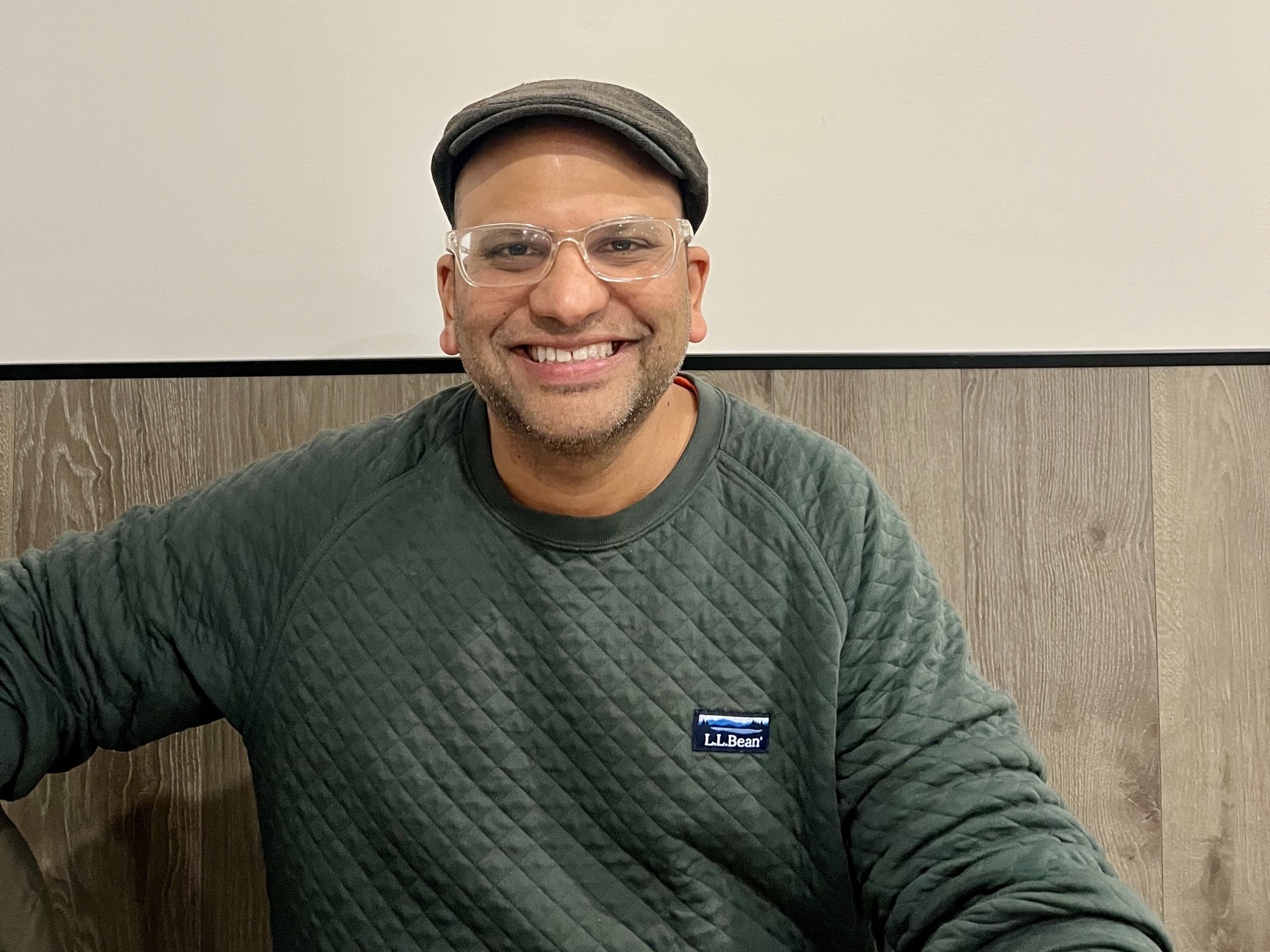
Jam Ramjattan
Core TeamEngagement and Support
Jam is an educator, community worker, & lover of tacos. He graduated with a B.A. Justice Studies at Royal Roads University. He recently completed his M.A. research on the Pedagogy of Space: Deconstructing Colonial…
WSANEC & PEPÁḴEṈ HÁUTW̱ Team – Liasions
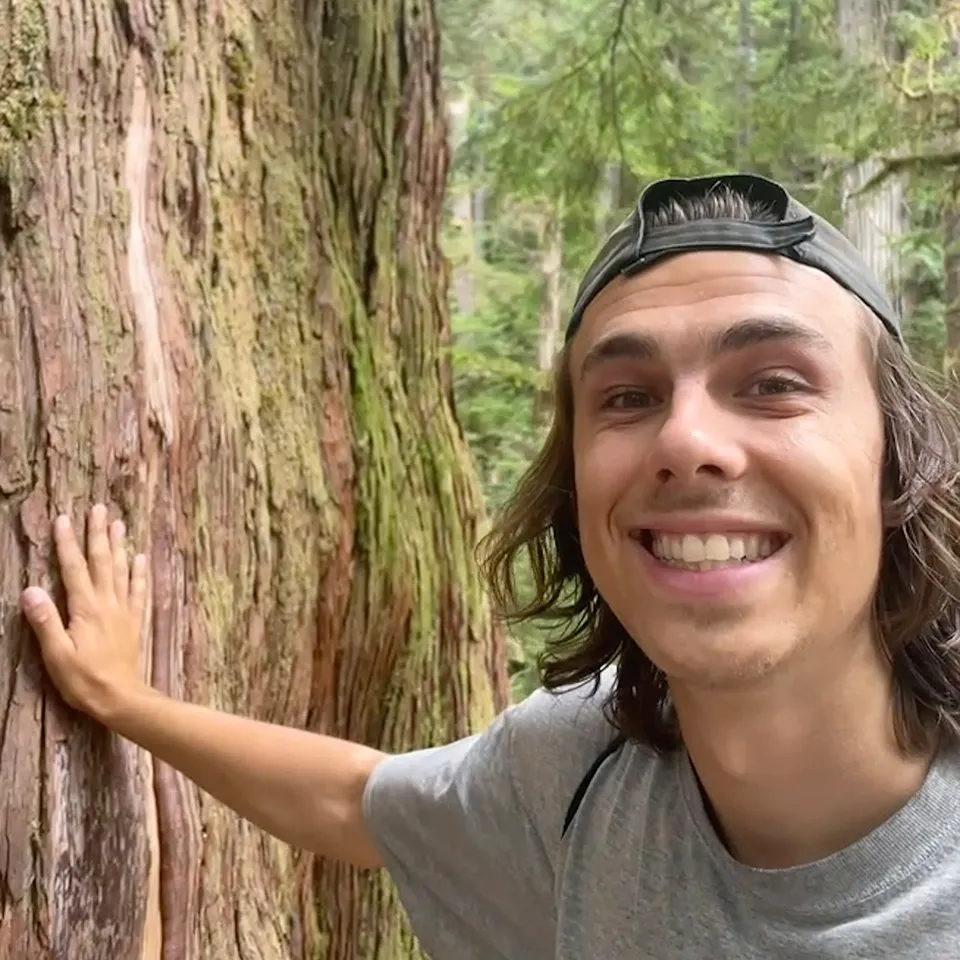
Kyle Clarke
WSANEC & PEPÁḴEṈ HÁUTW̱ (PH) TeamEducation Coordinator
Kyle is of Ukrainian, Irish, and Métis ancestry who grew up on the W̱SÁNEĆ territory. Recently, Kyle graduated from the University of Victoria with a Bachelor’s degree in Biology and Environmental Studies. He…
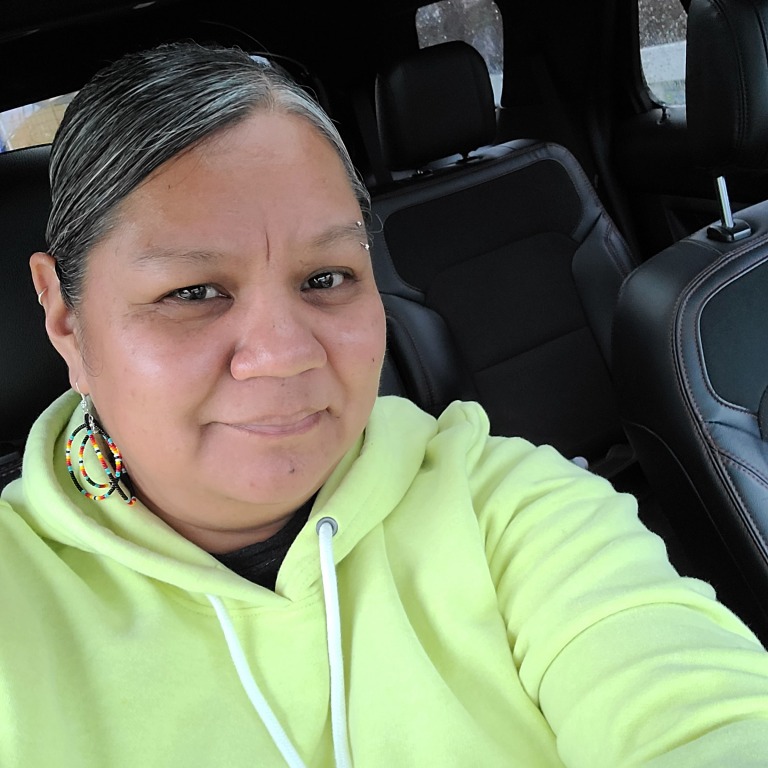
Esther Morris
WSANEC & PEPÁḴEṈ HÁUTW̱ (PH) TeamWSANEC School Board, Executive Assistant
Hi, I’m Esther Morris from Tsartlip First Nation, and I work with the WSANEC School Board as the Executive Assistant. My role with Living Lab is to help coordinate the WSANEC School Board engagement;…
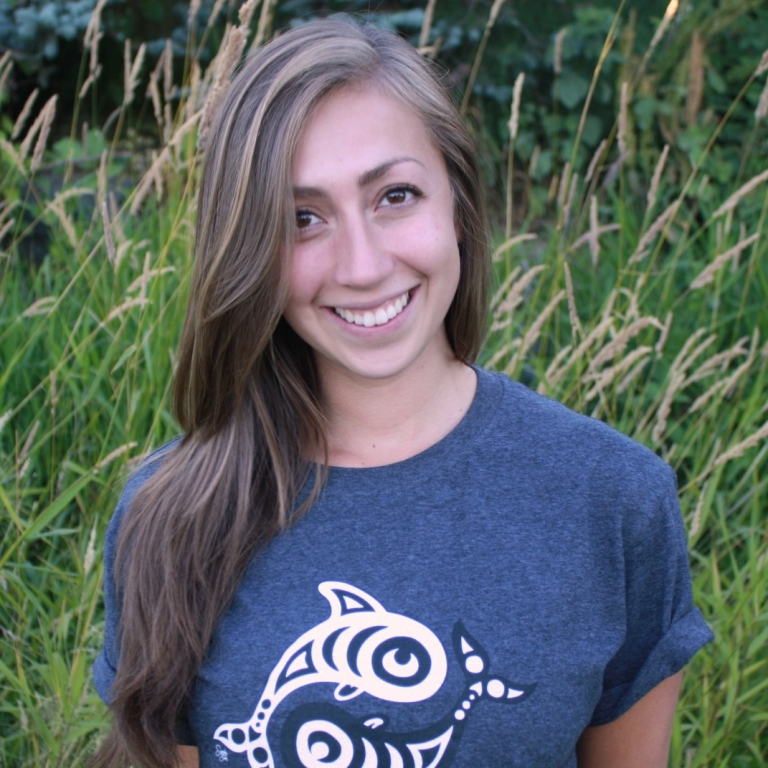
Sarah Jim
WSANEC & PEPÁḴEṈ HÁUTW̱ (PH) TeamStewardship Coordinator
I am a member of the W̱SÁNEĆ nation from the Tseycum village and have been working with PEPÁḴEṈ HÁUTW̱ since 2018 and with the Living Lab Project since 2019. Living Lab and PEPÁḴEṈ HÁUTW̱ allow me…
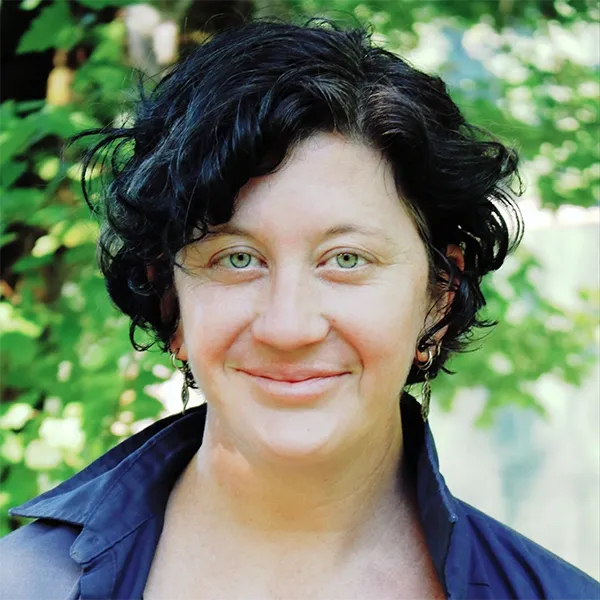
Judith Lyn Arney
WSANEC & PEPÁḴEṈ HÁUTW̱ (PH) TeamPH Ecosystems Director
I grew up in the beautiful forests, beaches, and meadows of the W̱SÁNEĆ homelands. I‘m an ethno-ecologist of British ancestry doing ecosystem restoration work. My role with Living Lab is supporting “on the ground”…
Songhees Team/Liaisons
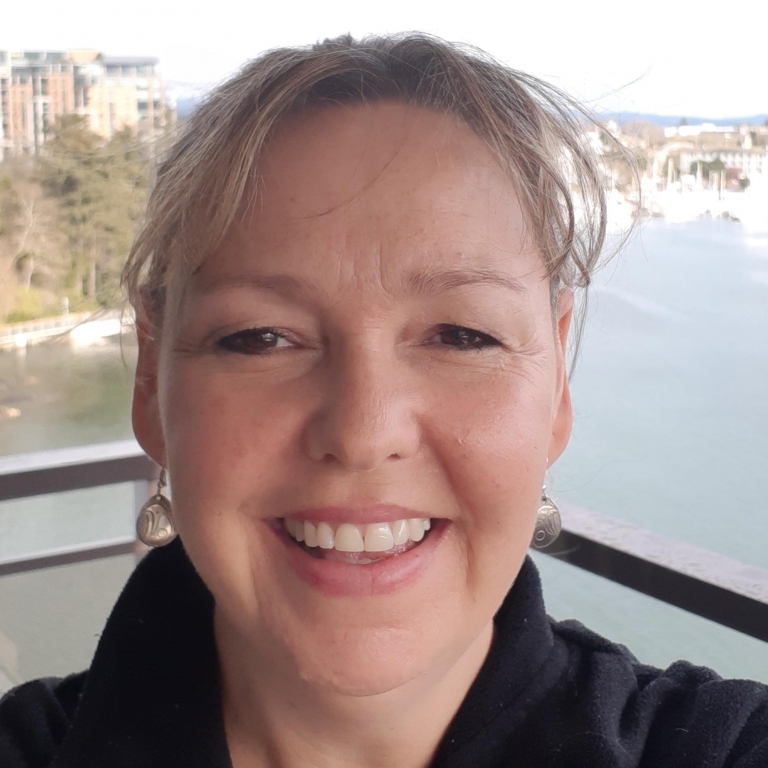
Kristely Kelly
Songhees TeamDirector of Education Songhees Nation
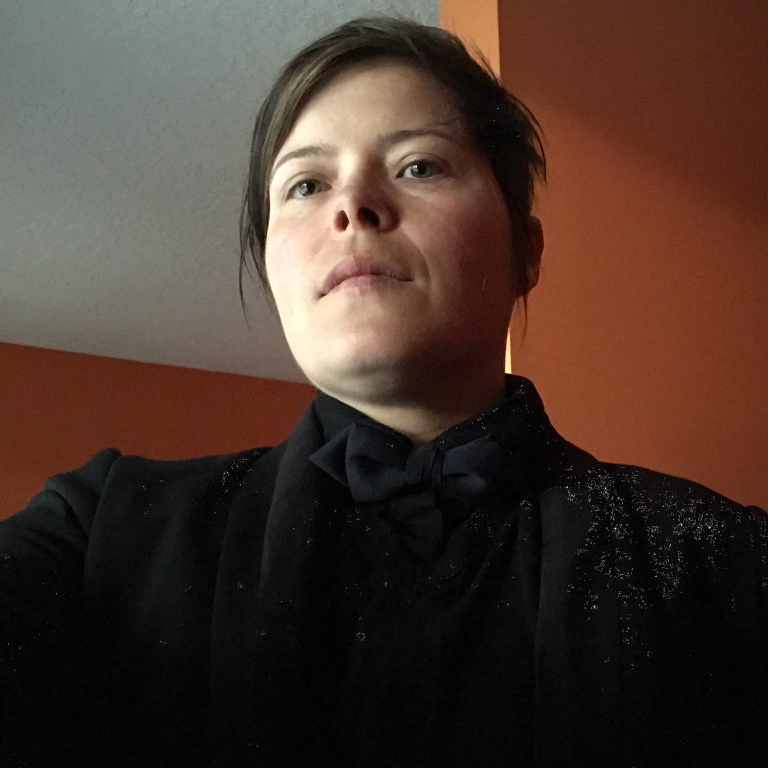
Ellie Dion
Songhees TeamSonghees Nation Education Liaison
I am grateful to be part of the Songhees Nation Education Team as the new Education Liaison. My name is Ellie Dion; I’m Quebecoise and grew up in Wabanaki Territories. My spouse is Lkwungen, Quw’utsun and…
Esquimalt Team/Liaisons
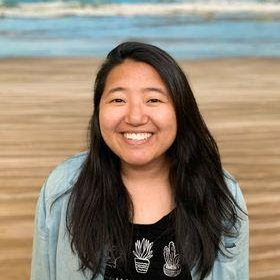
Kaeli Dyer
Esquimalt Team/LiaisonBio Coming Soon.

Maya Hamel
Esquimalt Team/LiaisonEsquimalt Nation, Program Supervisor
Hello, my name is Maya Hamel. I was born in Hefei, China. I was adopted and brought to Canada, where I grew up on Treaty 7 territory in Calgary, Alberta and moved to Victoria 7 years ago. I am grateful…
Advisors (Elders / Knowledge Keepers)
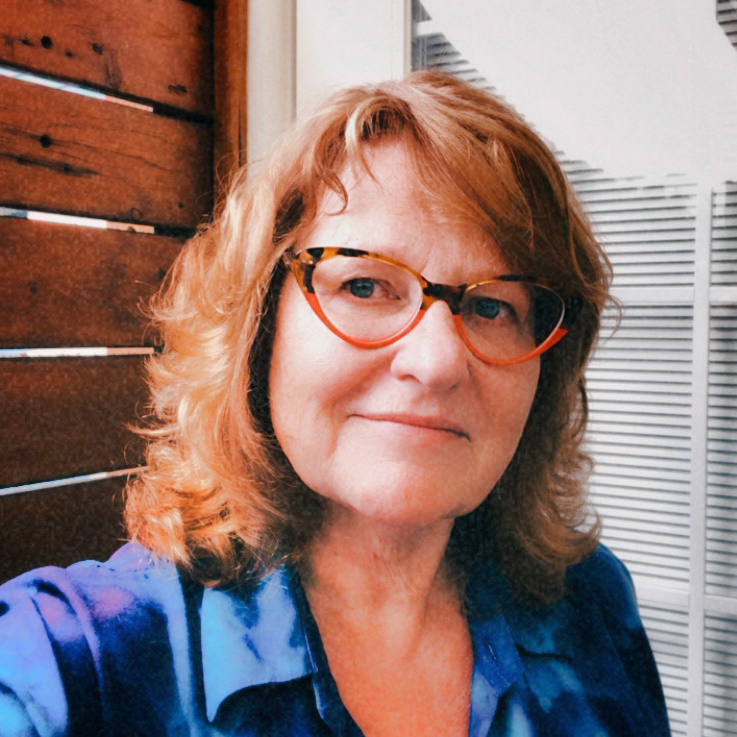
Leslie Brown
AdvisorsProfessor Emeritus, UVic School of Social Work
I am a Great-Grandmother and University of Victoria Professor Emerita, who has a life-long passion for community-based research and Indigenous child and family wellbeing. The Living Lab embodies…
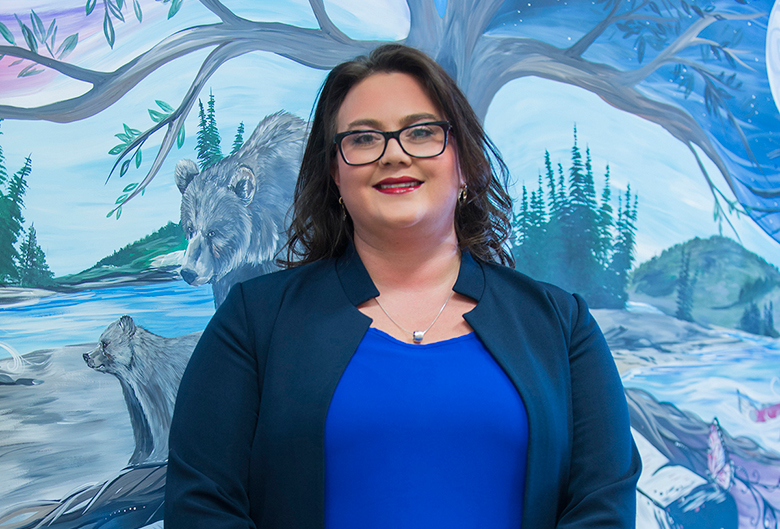
Shelly Niemi
AdvisorsDirector of Indigenous Education School District 61
Bio Coming Soon!
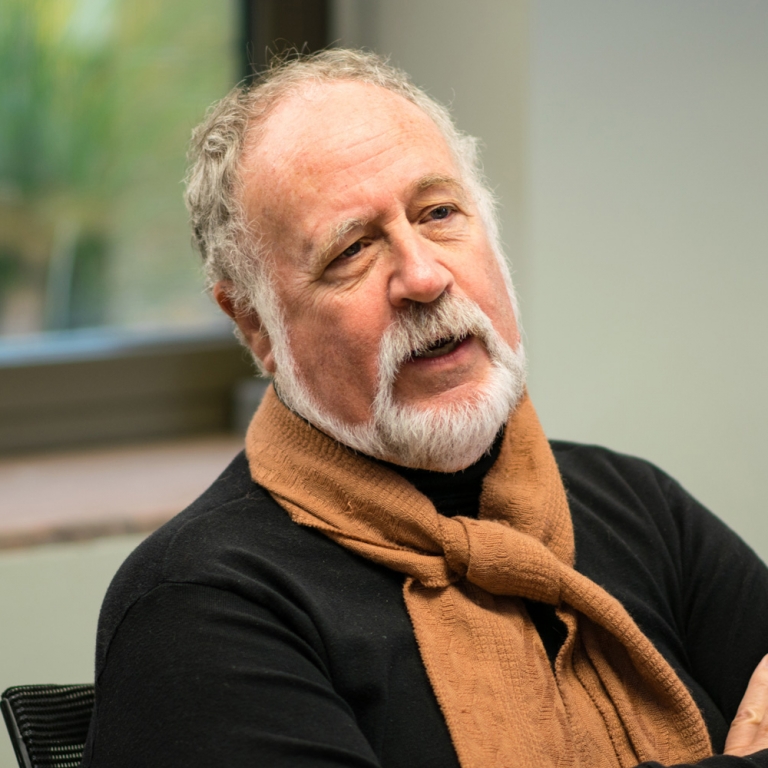 https://livinglabproject.ca/wp-content/uploads/2023/06/BuddHall.jpeg
768
768
LivingLabAdmin
https://livinglabproject.ca/wp-content/uploads/2023/02/Living-Lab-Logo-WebIcon-copy-300x300.png
LivingLabAdmin2023-06-27 22:18:542023-06-27 22:18:54Budd Hall
https://livinglabproject.ca/wp-content/uploads/2023/06/BuddHall.jpeg
768
768
LivingLabAdmin
https://livinglabproject.ca/wp-content/uploads/2023/02/Living-Lab-Logo-WebIcon-copy-300x300.png
LivingLabAdmin2023-06-27 22:18:542023-06-27 22:18:54Budd Hall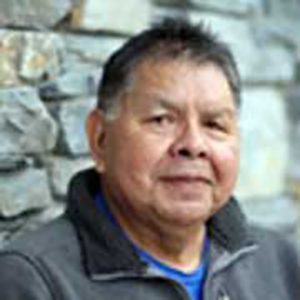
Butch Dick
AdvisorsLEKWUNGEN, Songhees Nation
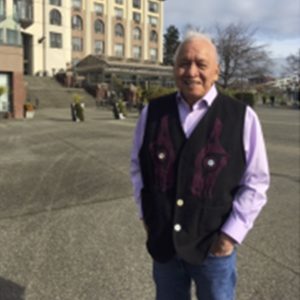
Frank (Bangus) George
AdvisorsLEKWUNGEN, Songhees Nation
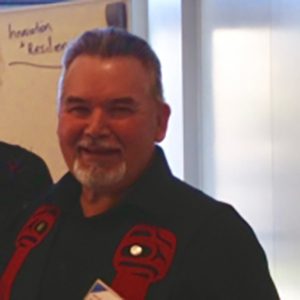
John Elliott
AdvisorsWSANEC / UVic Honorary Doctorate, TSARTLIP Nation
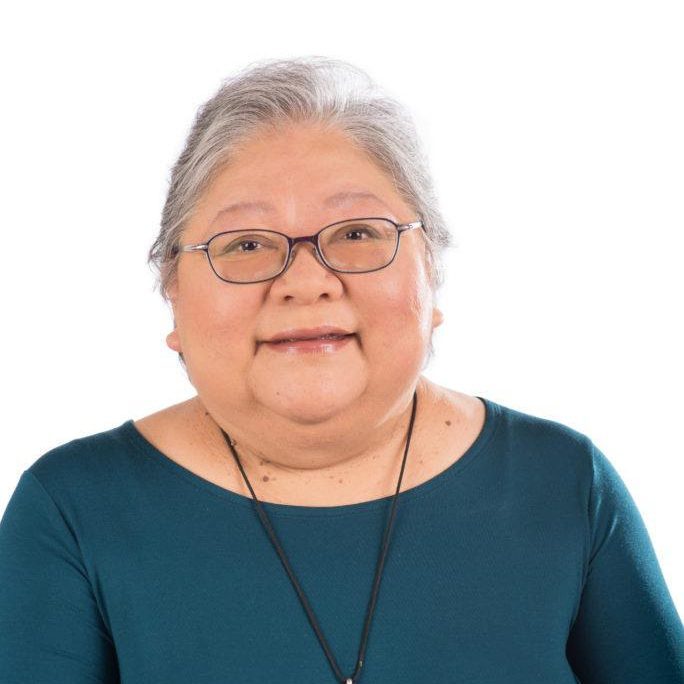
Lorna Williams
AdvisorsLil‘wat / St’at‘yem’ Nation, Professor Emerita / Faculty of Education & Canada Research Chair - Indigenous Knowledge & Learning
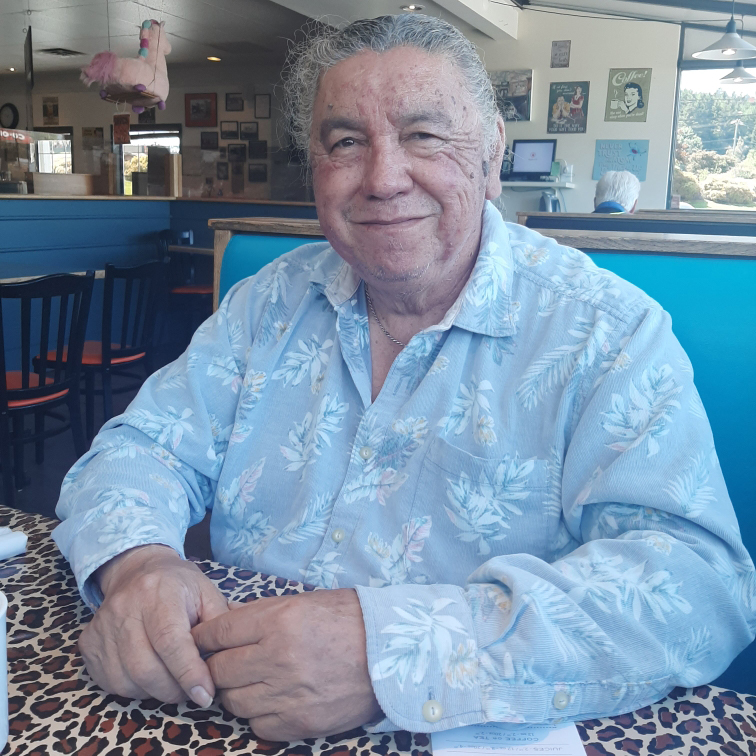
Earl Claxton Jr.
AdvisorsWSANEC / PEPÁḴEṈ HÁUTW̱ - TSAWOUT Nation
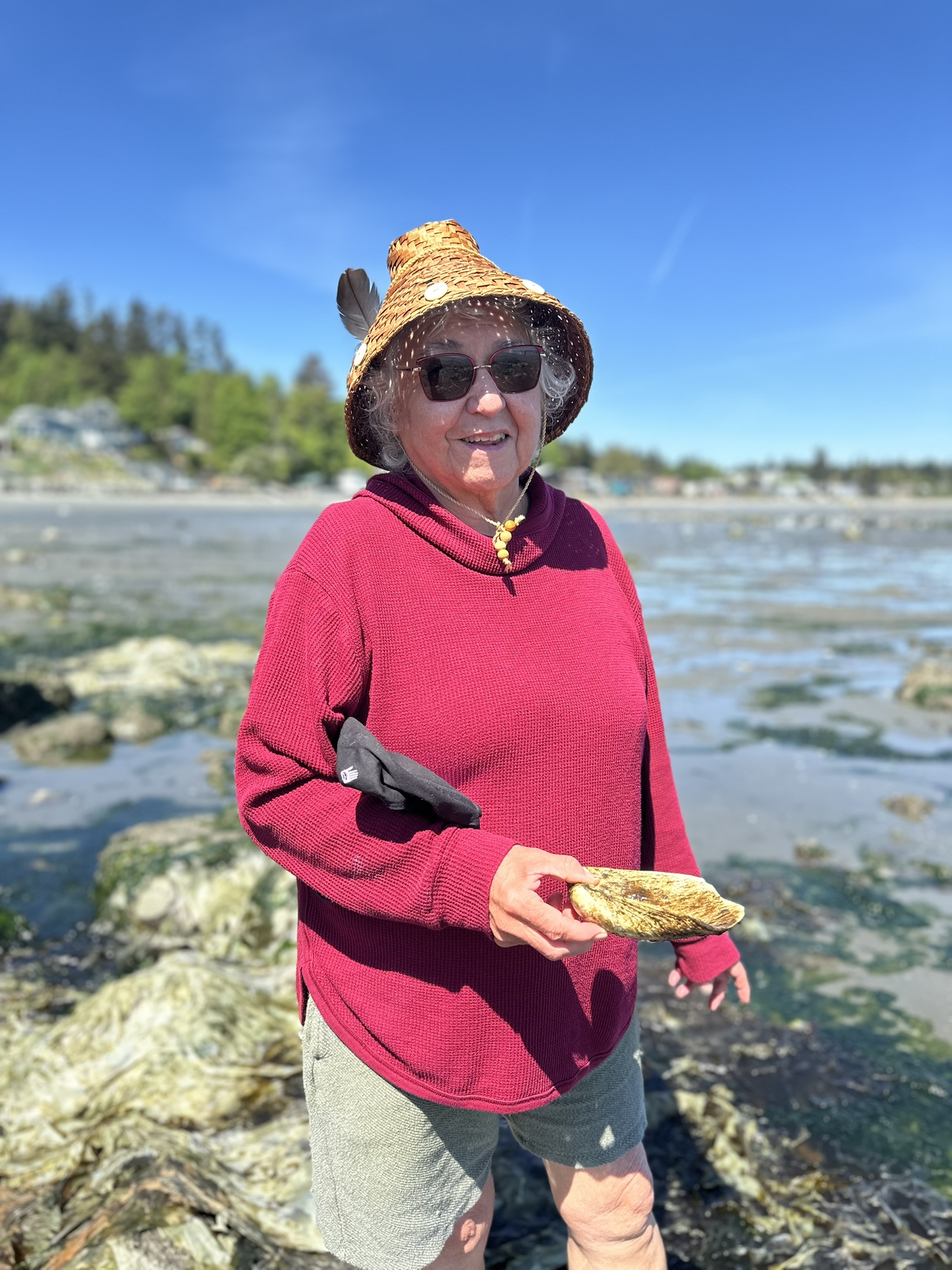
Mavis Underwood
AdvisorsResearch and Planning Advisor
I am proud to be invited to the Living Lab Project. As a past IGOV scholar, I pressed for improved curriculum in our professional schools of law, health, education and social development to counter the colonizing…
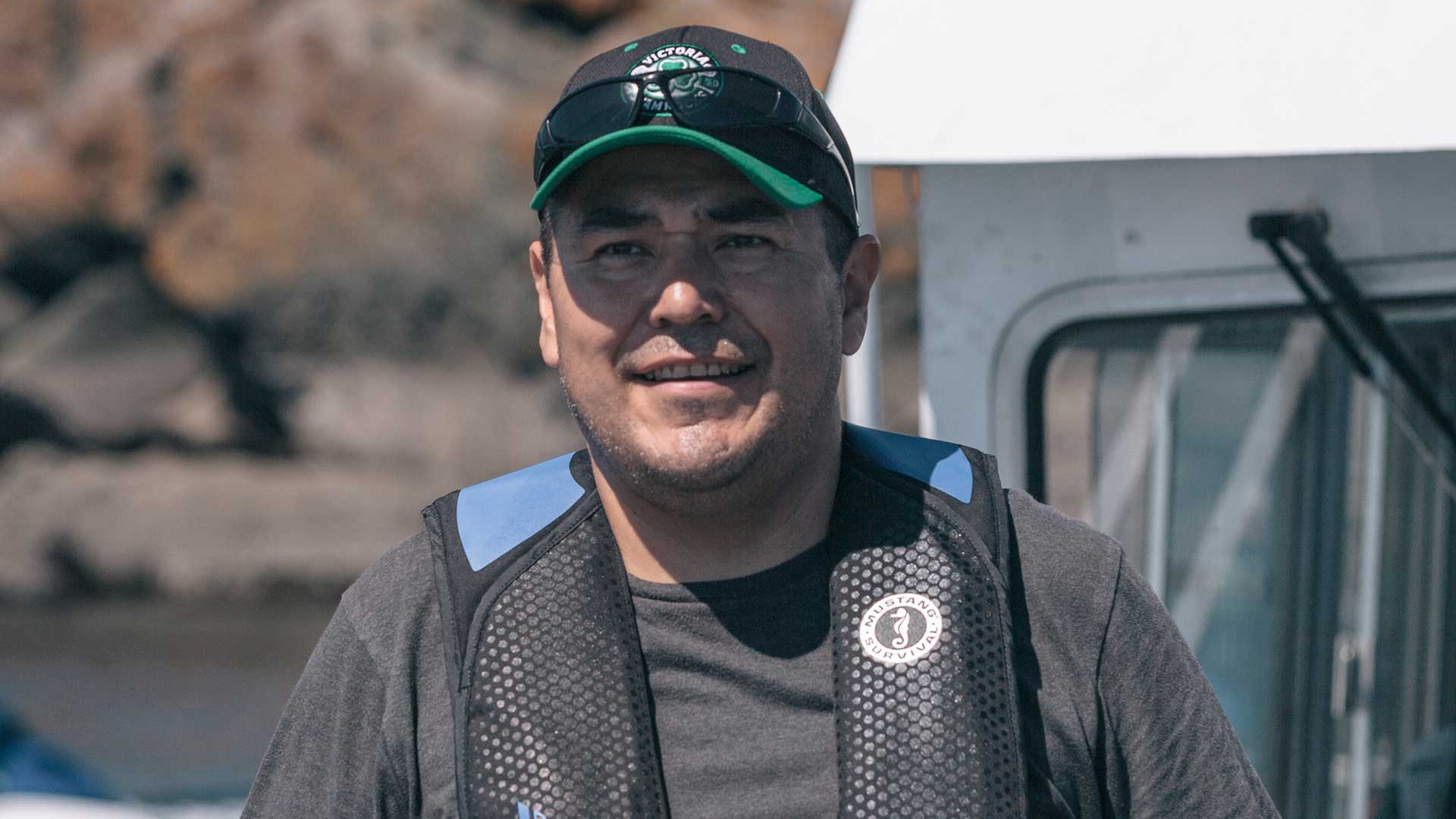
NICHOLAS XEMŦOLTW̱ CLAXTON
Steering CommitteeAcademic Director of Living Lab, UVic School of Child & Youth Care
I work with UVic as an assistant professor in the Department of Child and Youth Care. I am also a W̱SÁNEĆ community member and past Chief of the SȾÁUTW̱ (TSAWOUT)…
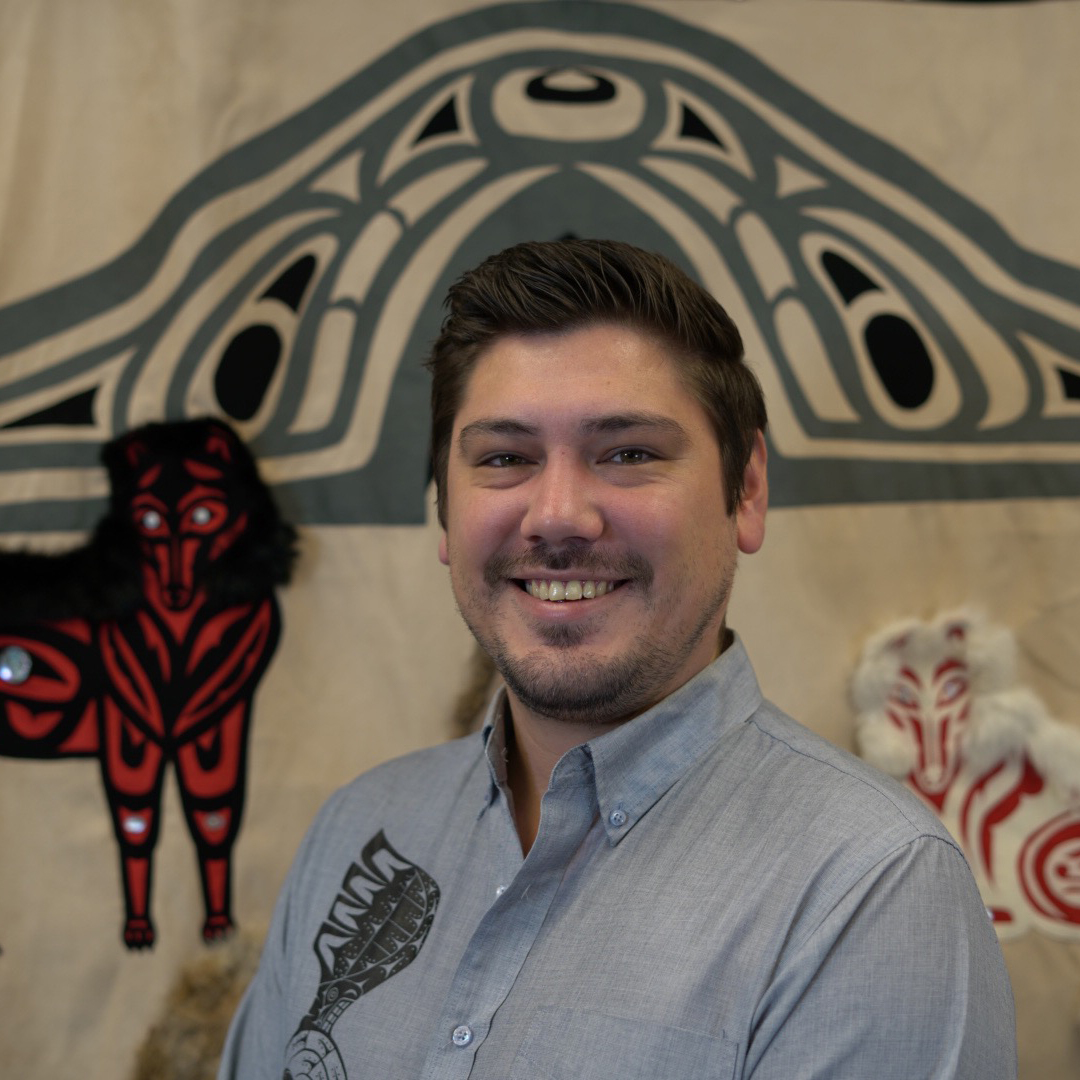
John Harris
Steering CommitteeIndigenous Education Elder & Indigenous Knowledge Facilitator SD61
’Uy’ skweyul,
I am an Indigenous Educator and member of Snuneymuxw (Nanaimo) First Nation, working in the Greater Victoria School District’s Indigenous Education…
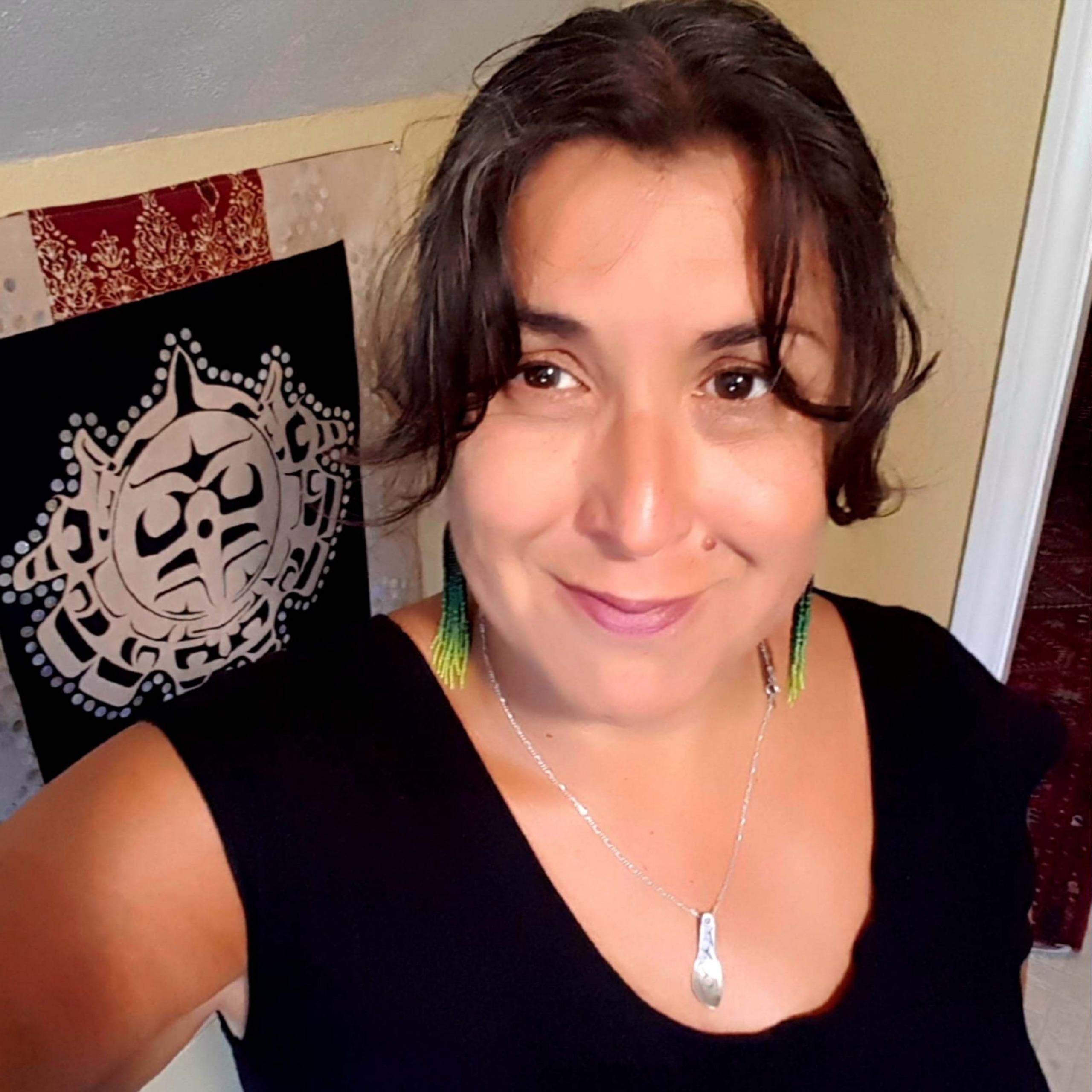
Ruth Lyall
Steering CommitteeIndigenization Coordinator, Camosun College
Nugwa’am ɁIxcəmga. Gayutɫan lax Gwa’yasdams. My Kwaḱwala-given name, Ixcəmga, was given to me by my Coon family, from the village of Gwa’yasdams, of the Kwiḵwa̱sut̓inux̱w…
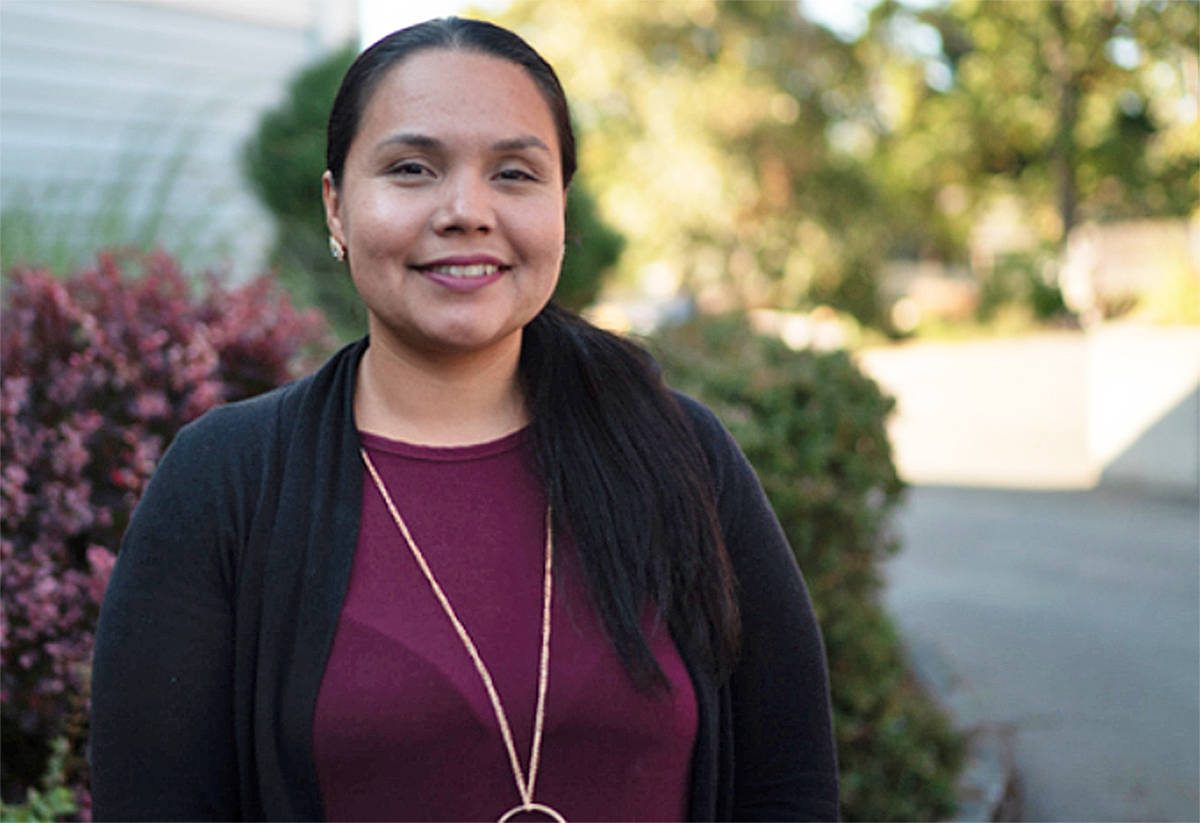
SXEDTELISIYE – Renee Sampson
Steering CommitteeWSANEC School Board
Bio Coming Soon!
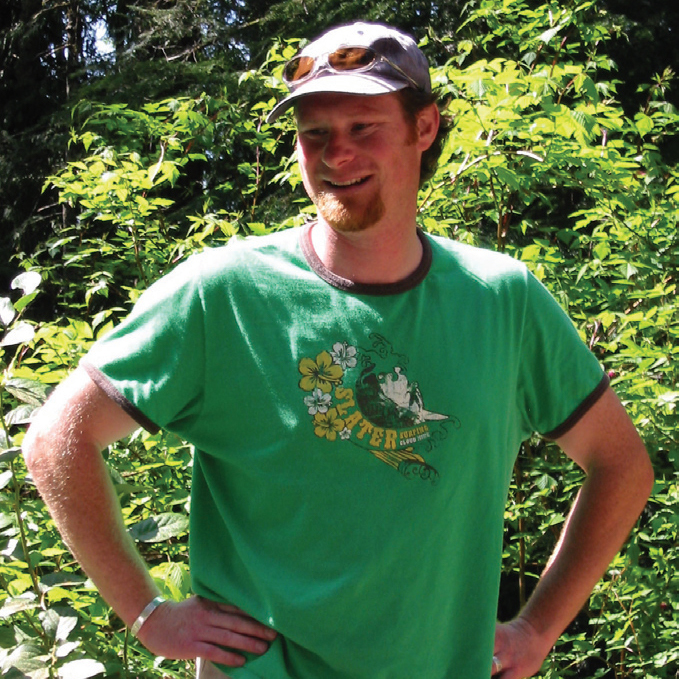
Tye Swallow
Steering CommitteeAdult Education Facilitator WSANEC Schoolboard
I am a Facilitator for Language Revitalization with the W̱SÁNEĆ School Board. My interest in being involved in the Living Lab work revolves around helping transform educational structures to…
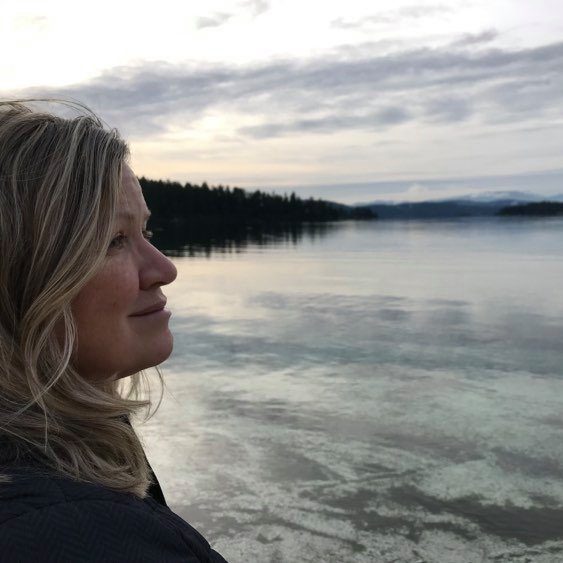
Tricia Roche
Steering CommitteeUVic - HSD Development Officer
After a decade of experience in youth-focused research at UVic, I now work as a Development & External Relations Officer in the Faculty of Human & Social Development. I find congruence between the values…
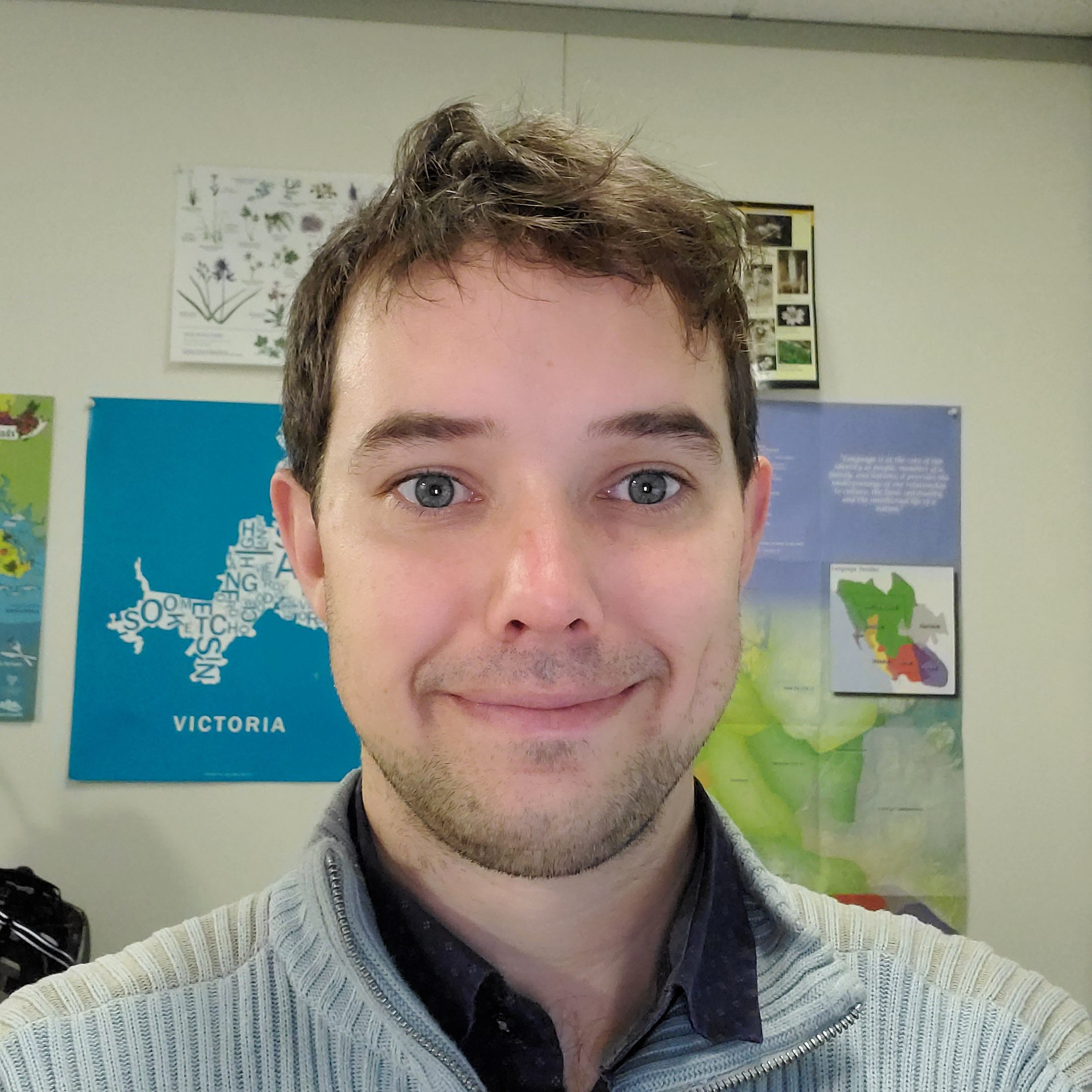
Erich Kelch
Steering CommitteePARKS CANADA - Sea Gardens Project Manager
My name is Erich Kelch, and I was born in Lekwungen territory/Victoria and now live on PKAALS/Mt. Tolmie/District of Saanich. I am of German and English descent and feel connected to the people and…
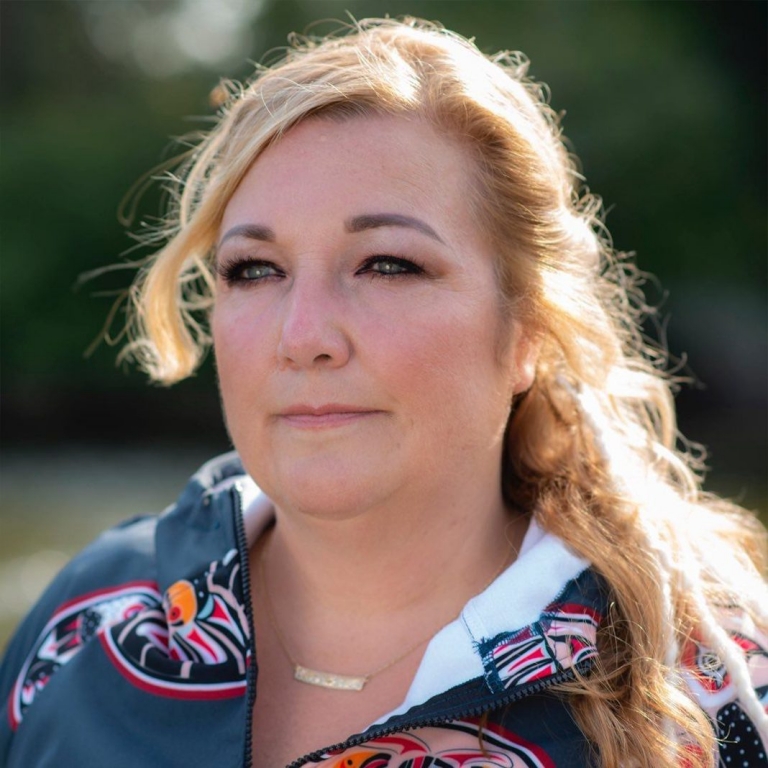
Dorothea Harris
Steering CommitteeOffice of Indigenous & Academic Community Engagement, Indigenous Initiatives Coordinator. Director, Indigenous University Initiatives.
My family is from Snuneymuxw First Nation, and I am a grateful visitor on the Lekwungen, W̱SÁNEĆ…
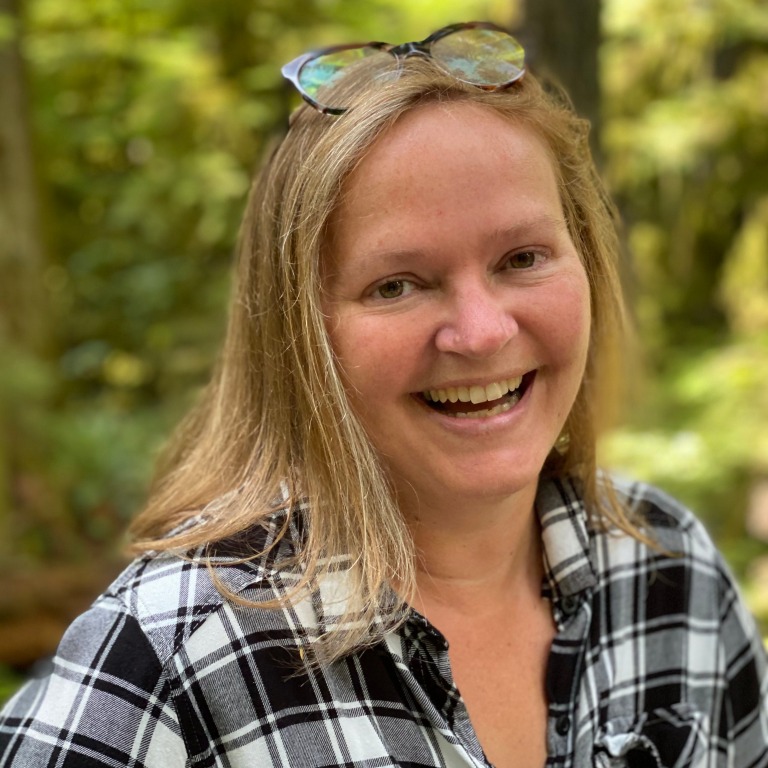
Heather Castleden
Steering Committee
UVic Academic Co-Leads
Professor and Impact Chair in Transformative Governance for Planetary Health
Hello! My name is Heather, which is the name given to a flowering evergreen plant that thrives on the peaty barren lands of Scotland,…
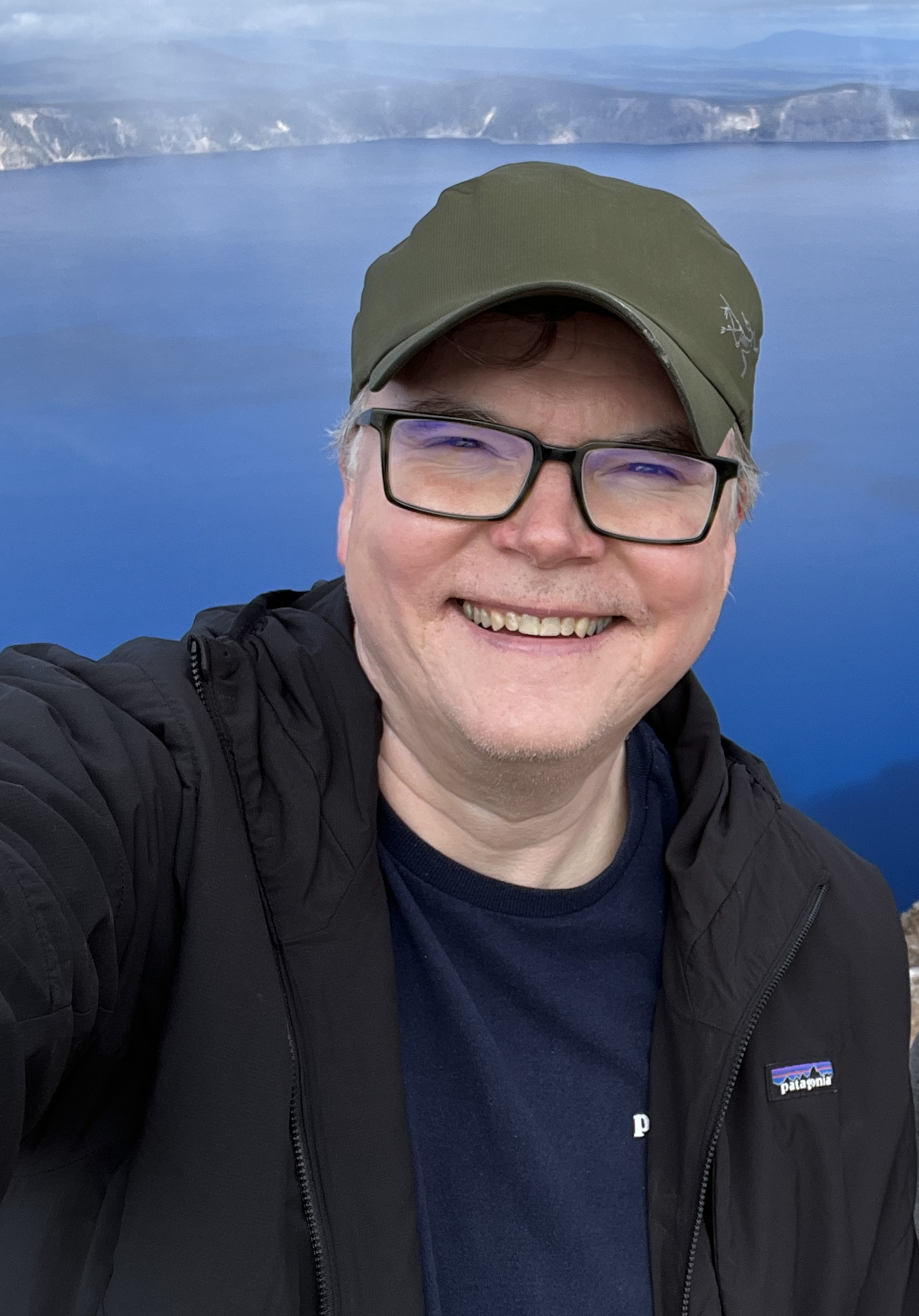
Darcy Mathews
Campus Partners, Steering Committee
Assistant Professor, School of Environmental Studies, UVic.
UVic Academic Co-Leads
I am an Archaeologist and Ethnoecologist working primarily via UVic with the Songhees Nation. We are working collaboratively at Tl’ches (Chatham/Discovery…
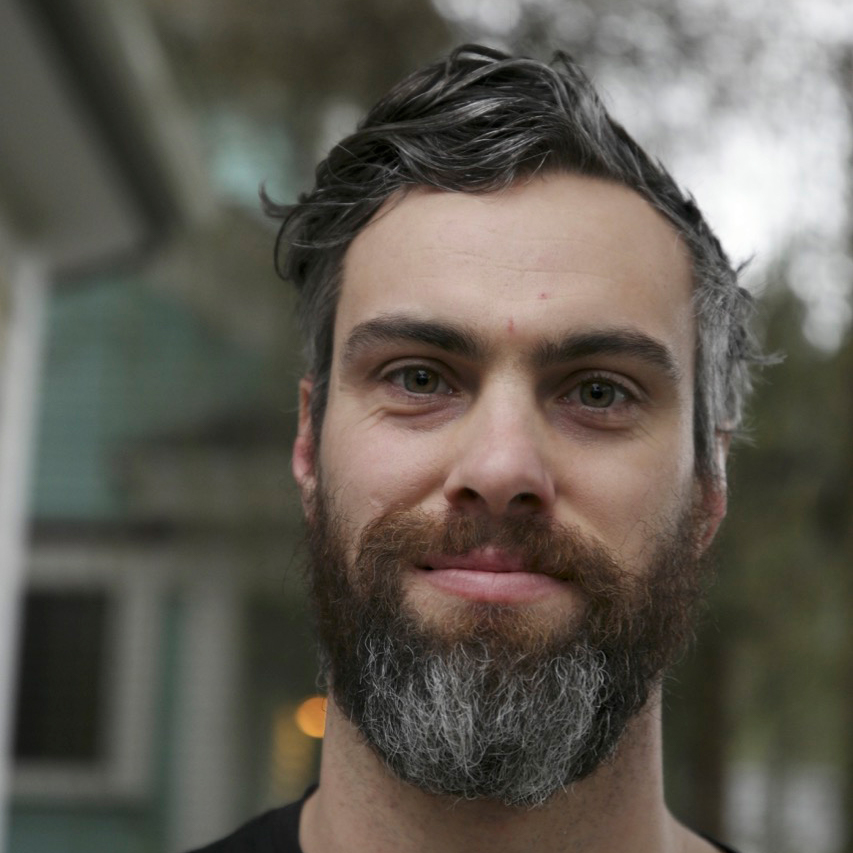
Nicholas Stanger
Steering CommitteeWestern Washington University - Research / Environmental Education
I work as an associate professor of environmental education at Western Washington University. My research uses an educationalist lens and participatory techniques to understand…
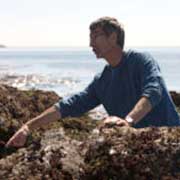
John Taylor
Campus PartnersProfessor, UVic Biology
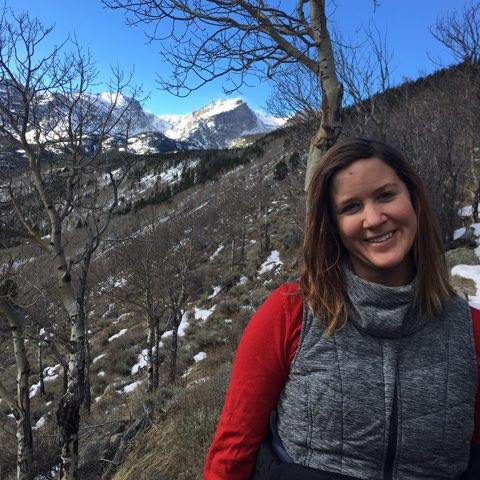
Nancy Shackelford
Campus PartnersAcademic Director of the Restoration of Natural Systems Program, UVic
I am a native Texan, having settled here in the beautiful lands of the Lekwungen peoples in 2020 to take on the position of Academic Director of the Restoration of Natural…
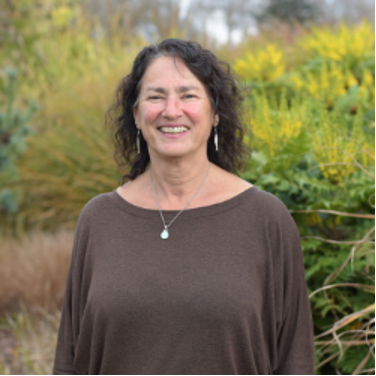
Kathy Sanford
Campus PartnersProfessor, UVic Education / Curriculum Instruction & Teacher Training
My focus is on educational transformation in schools and teacher education programs, community partnerships, authentically integrating Indigenous ways of learning and…
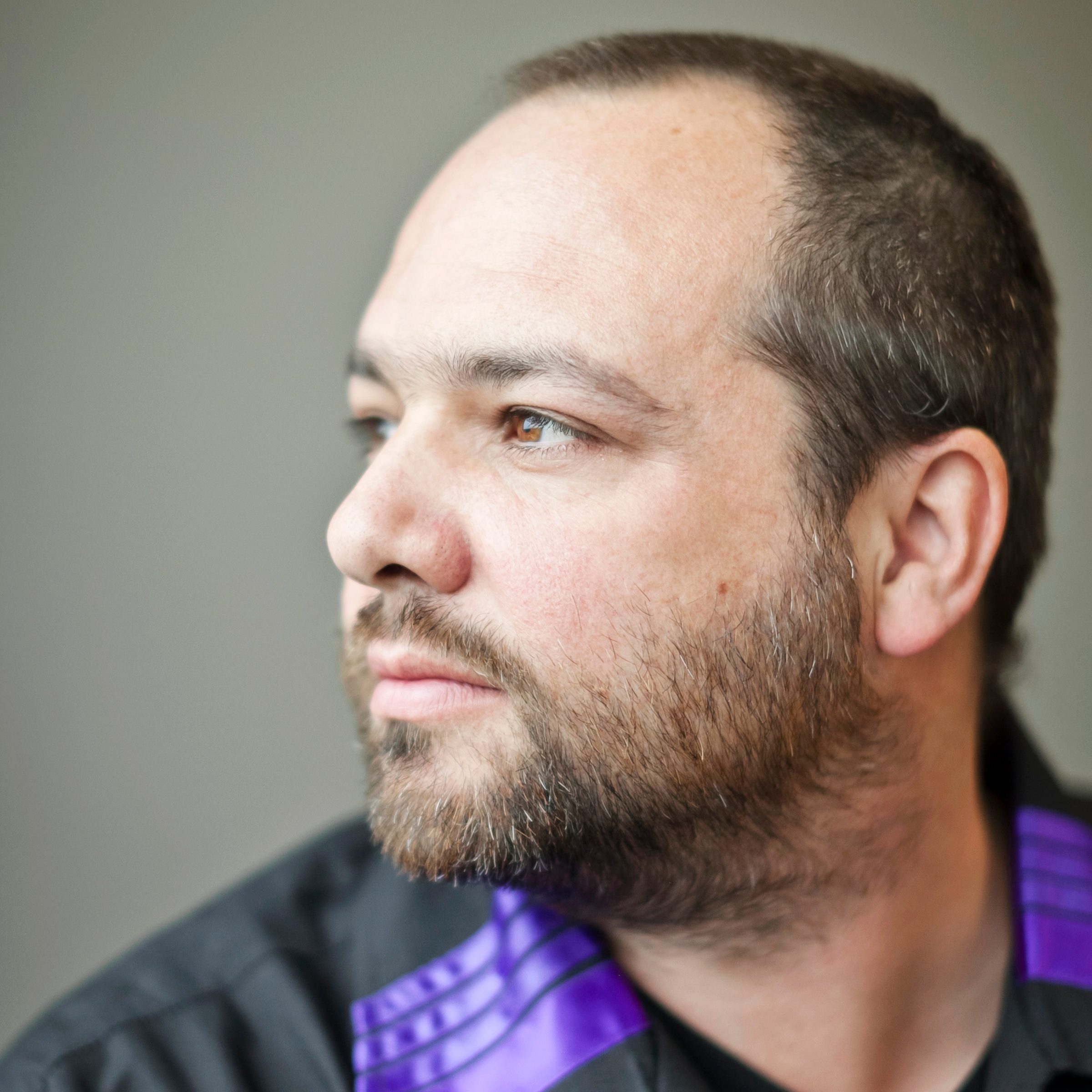
Jean Paul Restoule
Campus PartnersProfessor, UVic Education / Director of Indigenous Education
Boozhoo! I am Anishinaabe from Dokis First Nation, and French-Canadian from what is currently called Ontario. I am a grateful visitor on Lekwungen territory. I’m a Professor and…
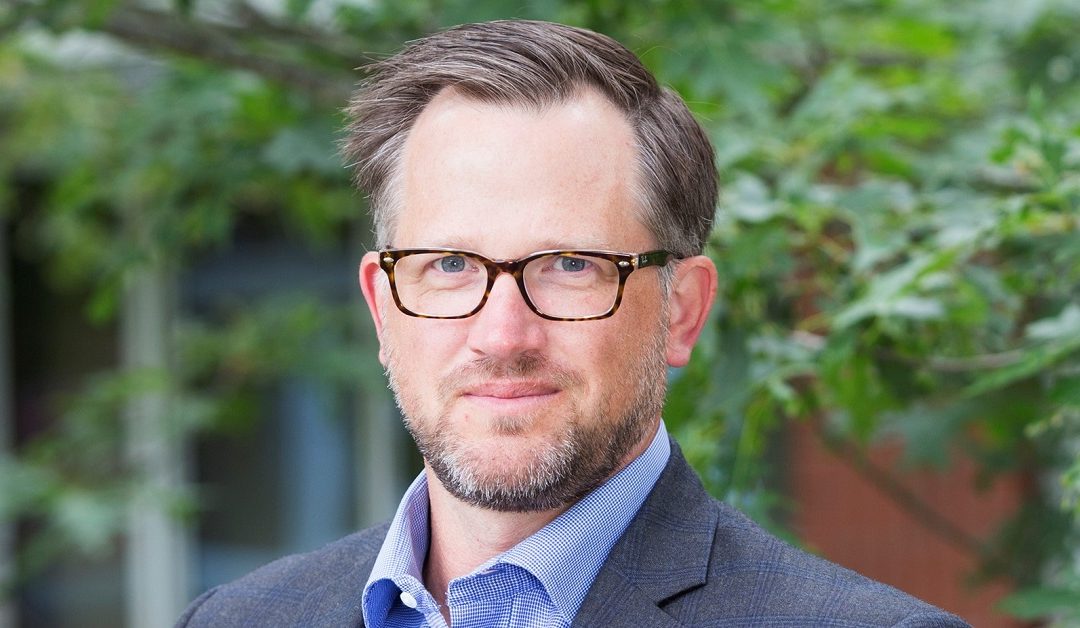
Matt Murphy
Campus PartnersAssociate Professor, Sustainability & Strategy, School of Business, UVic
My name is Matt Murphy and I am grateful to live and work, as an uninvited guest, on the WSÁNEĆ and lək̓ʷəŋən territories. I am originally from Comanche…

Ruth Lyall
Campus PartnersIndigenization Coordinator, Camosun College
Nugwa’am ɁIxcəmga. Gayutɫan lax Gwa’yasdams. My Kwaḱwala-given name, Ixcəmga, was given to me by my Coon family, from the village of Gwa’yasdams, of the Kwiḵwa̱sut̓inux̱w Nation.…
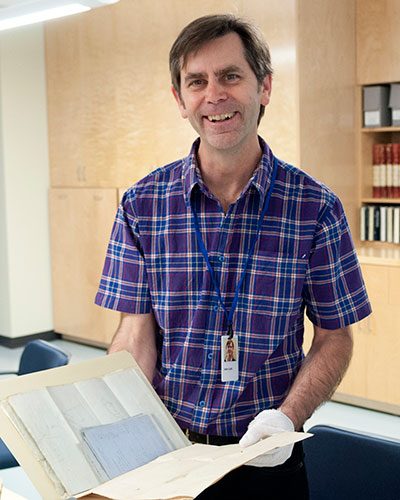
John Lutz
Campus PartnersProfessor, UVic History
I teach and study the history of the Greater Victoria area as well as British Columbia more generally at the University of Victoria and have written a book on the history of Indigenous-settler relations: Makuk: A New…
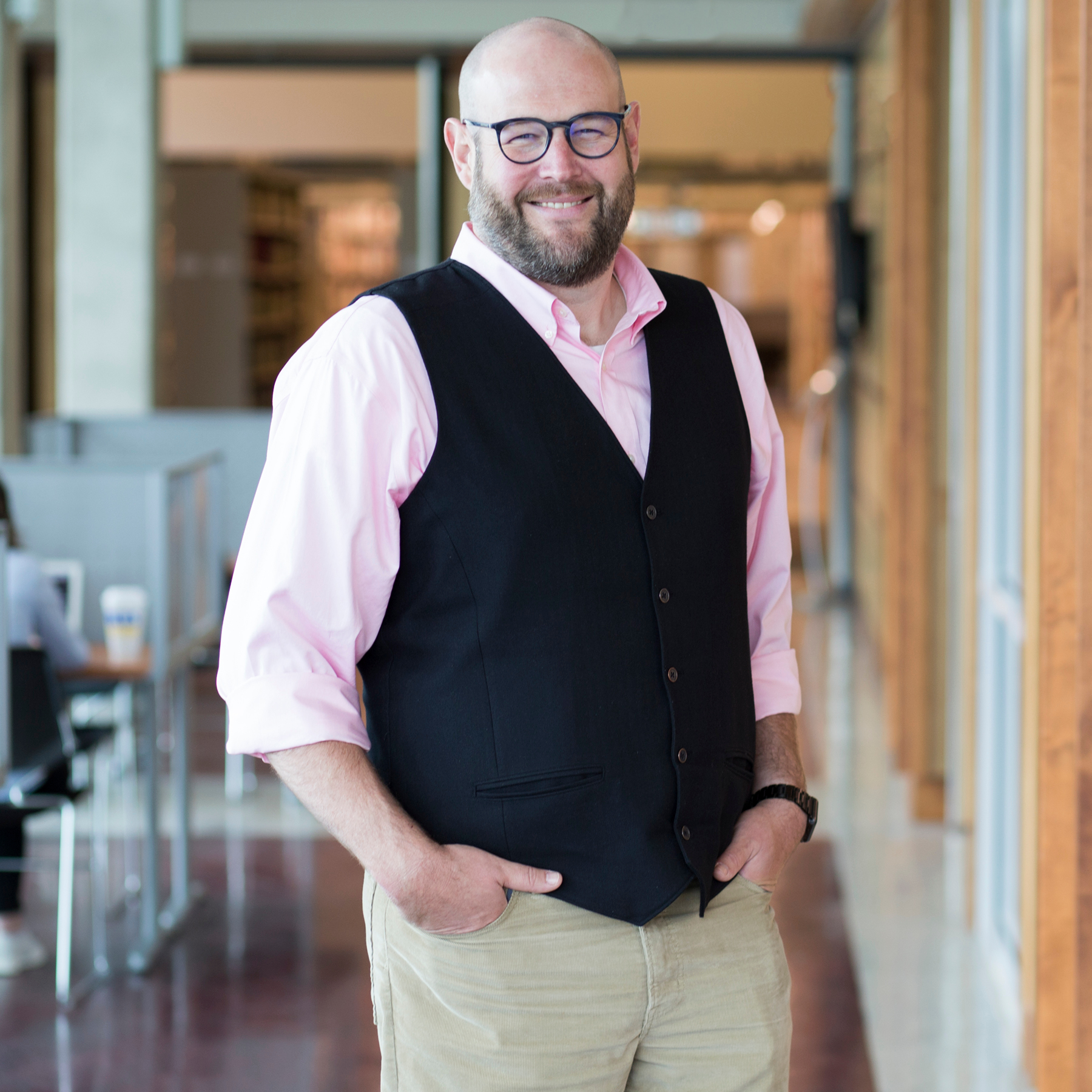
Matt Huculak
Campus PartnersUVic Library / Director of Digital Commons Staff
As Head of Advanced Research Services at UVic Libraries, I love connecting people with information and digital tools to do the work they love. I am passionate about teaching and learning and…
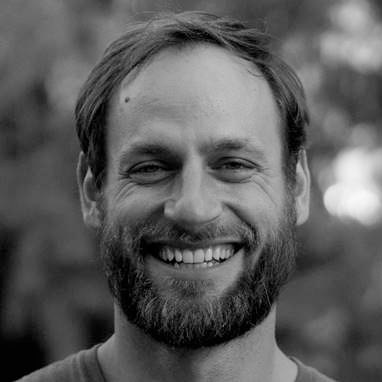
Kristian Dubrawski
Campus PartnersProfessor, UVic Eng & Geog / Canada Research Chair in Rural & Indigenous Water Monitoring Professor
As an Assistant Professor in Civil Engineering and Geography at UVic, I specialize in water sustainability, and study built and natural…
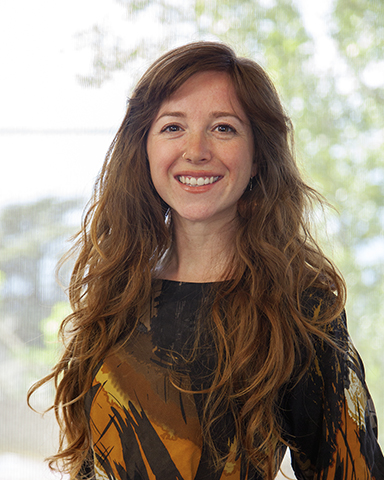
Natalie Baloy
Campus PartnersAssociate Director of Transboundary Initiatives, Western Washington University.
I live with my young daughter and partner on Lummi and Nooksack lands and waters in Bellingham, Washington. I grew up in the US Midwest and moved to the Salish…
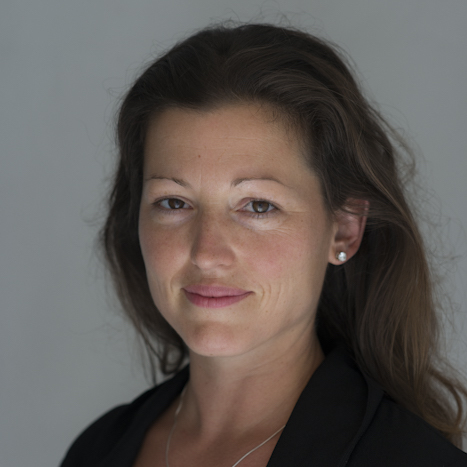
Crystal Tremblay
Campus Partners
UVic Community Engaged Scholarship - Special Advisor to Provost
I have been a visitor on the Lekwungen and W̱SÁNEĆ Peoples territories for over 16 years, originating from Quebec with French-Canadian, Irish, Scottish and German ancestry.…
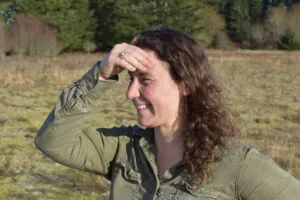
Rhianna Nagel
Campus PartnersUVic Community Engaged Learning Coordinator
As a coordinator for Community-Engaged Learning at UVic, I am keen to connect community and students in endeavours that support learning and community. The Living Lab is an essential network for connecting,…

Darcy Mathews
Campus Partners, Steering Committee
Assistant Professor, School of Environmental Studies, UVic.
UVic Academic Co-Leads
I am an Archaeologist and Ethnoecologist working primarily via UVic with the Songhees Nation. We are working collaboratively at Tl’ches (Chatham/Discovery…
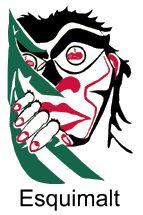
Kalie Dyer
Community PartnersEsquimalt Nation, Education Director
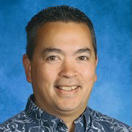
Derek Shrubsole
Community PartnersTeacher, Oak Bay Highschool
As a science teacher at Oak Bay High School, I strive to focus on providing students with an engaging and hands-on learning experience. With place-based learning, I can bring my students to the Bowker Creek ecosystem…
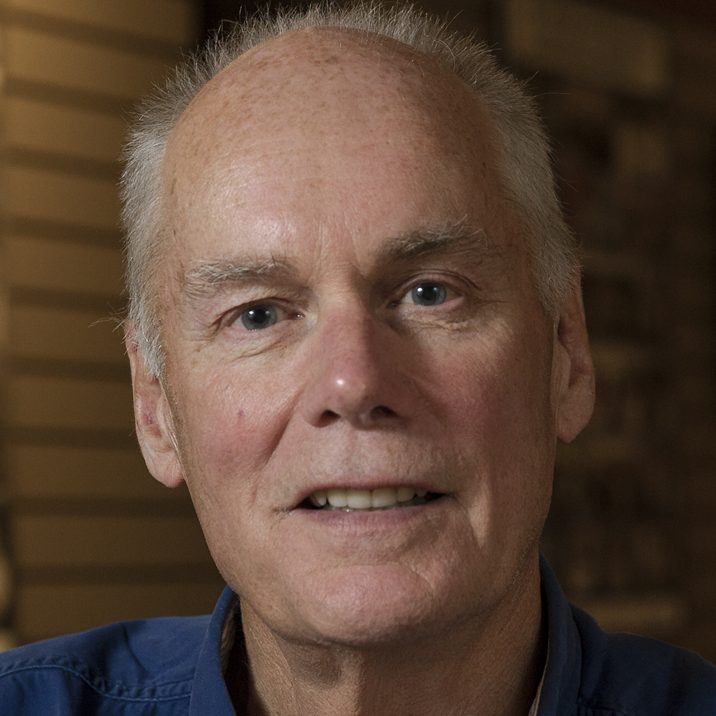
Peter Paré
Community PartnersṮEṮÁĆES Climate Action Project
I am an emeritus Professor of Respiratory Medicine and Pathology at the University of British Columbia and a Clinician Scientist at St Paul’s Hospital and the UBC Center for Heart Lung Innovation.
I…
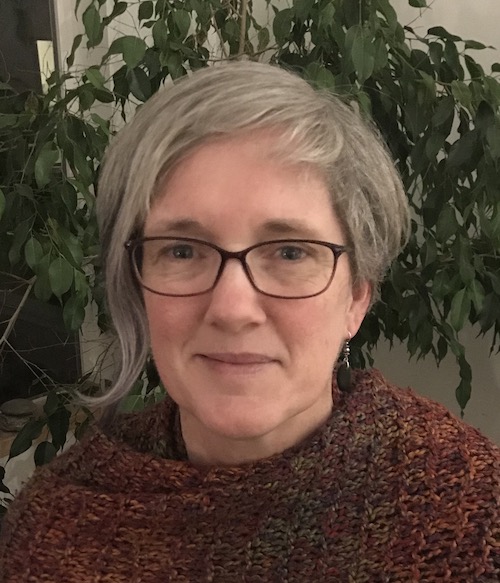
Deb Morrison
Community PartnersIslands Trust, TETACES, University of Washington
I am Deb Morrison, a climate and anti-oppression activist, scientist, learning scientist, educator, mother, locally elected official, and many other things besides (www.debmorrison.me). My…
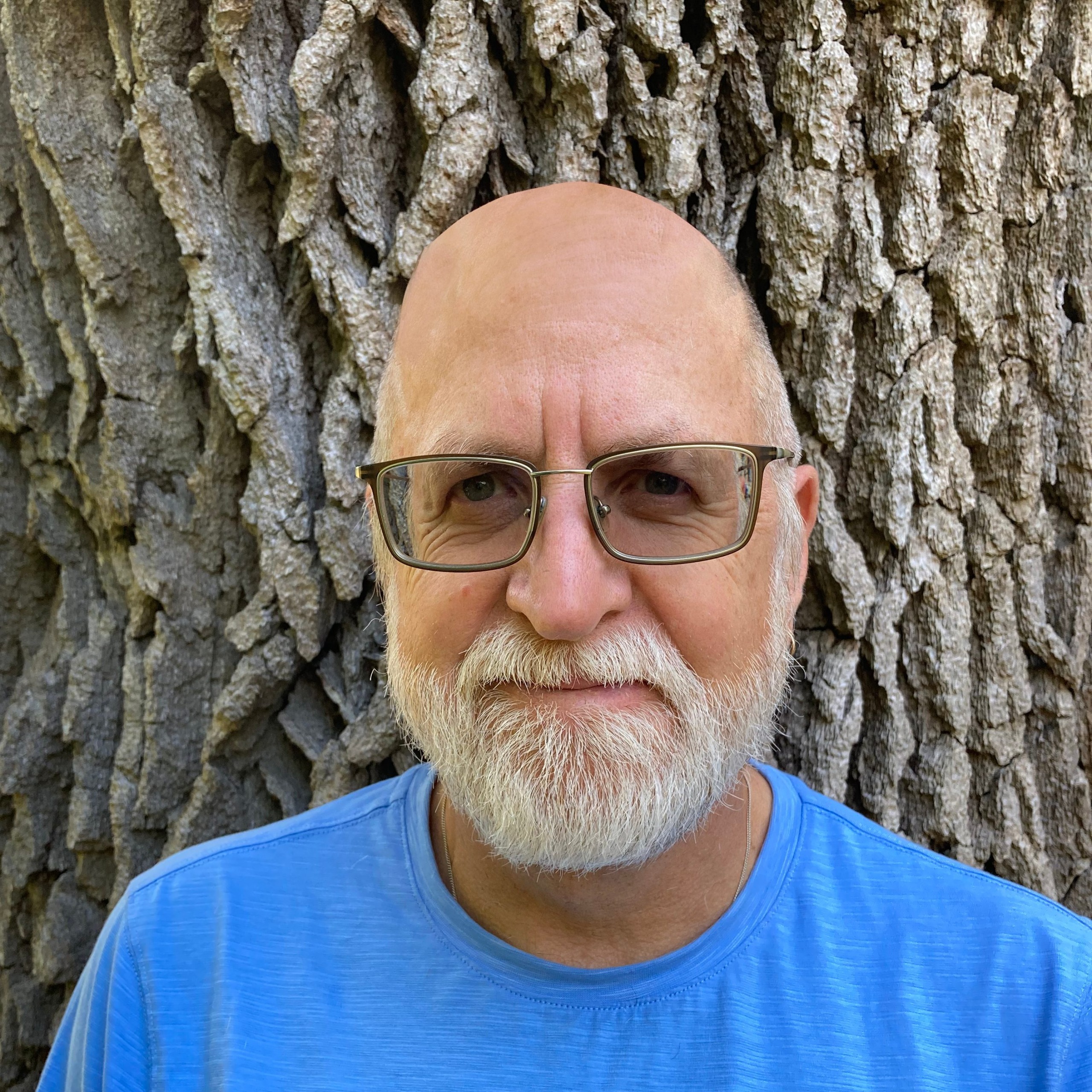
Bruce Kilpatrick
Community PartnersCommunications Advisor
I’m honoured to be part of the Living Lab team and to support the important work it does. In late 2020, I retired from my 26-year role as the executive director of communications + marketing and director of communications…
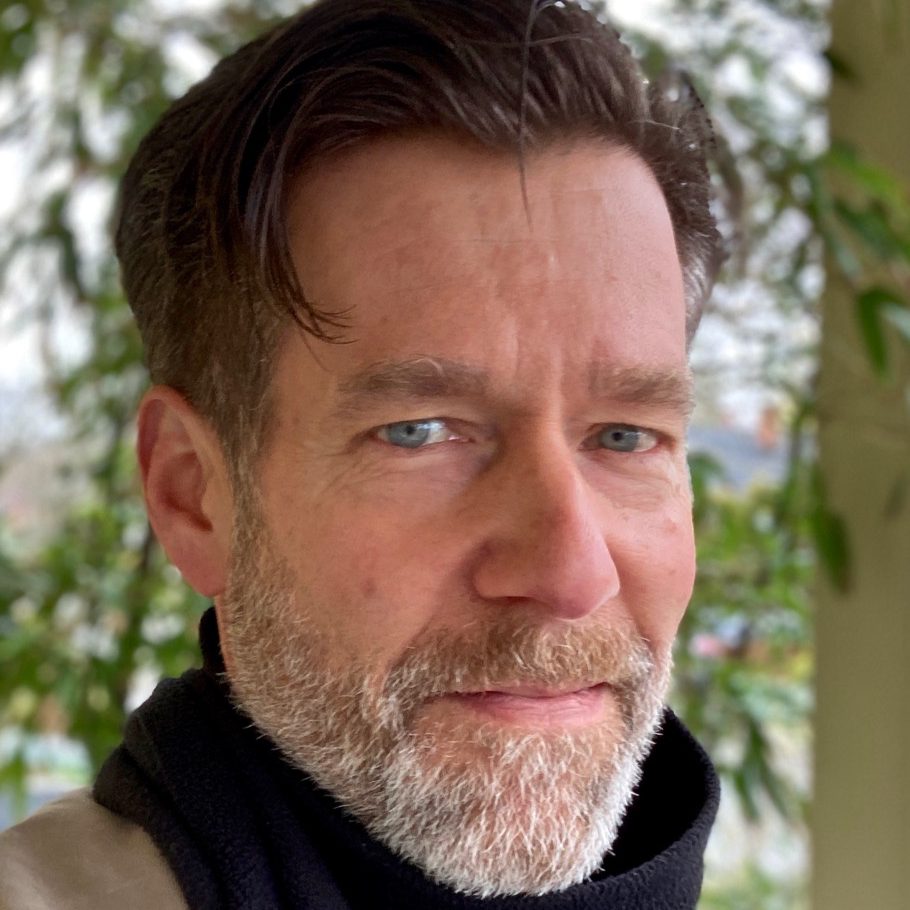
Soren Henrich
Community PartnersChair of the Friends of Bowker Creek
I am a founding director of the Friends of Bowker Creek Society (2018) for urban watershed renewal. I am interested in collaboration with the Living Lab project, and am a partner signatory for NSERC and…
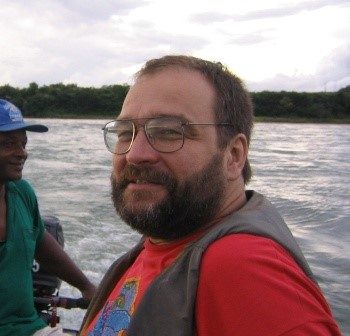
Joachim (Yogi) Carolsfeld
Community PartnersDirector of World Fisheries Trust
I am grateful to have spent over 25 years working from Lekwungen territory in environmental education, environmental research, and international development as leader of the non-profit World Fisheries Trust.…
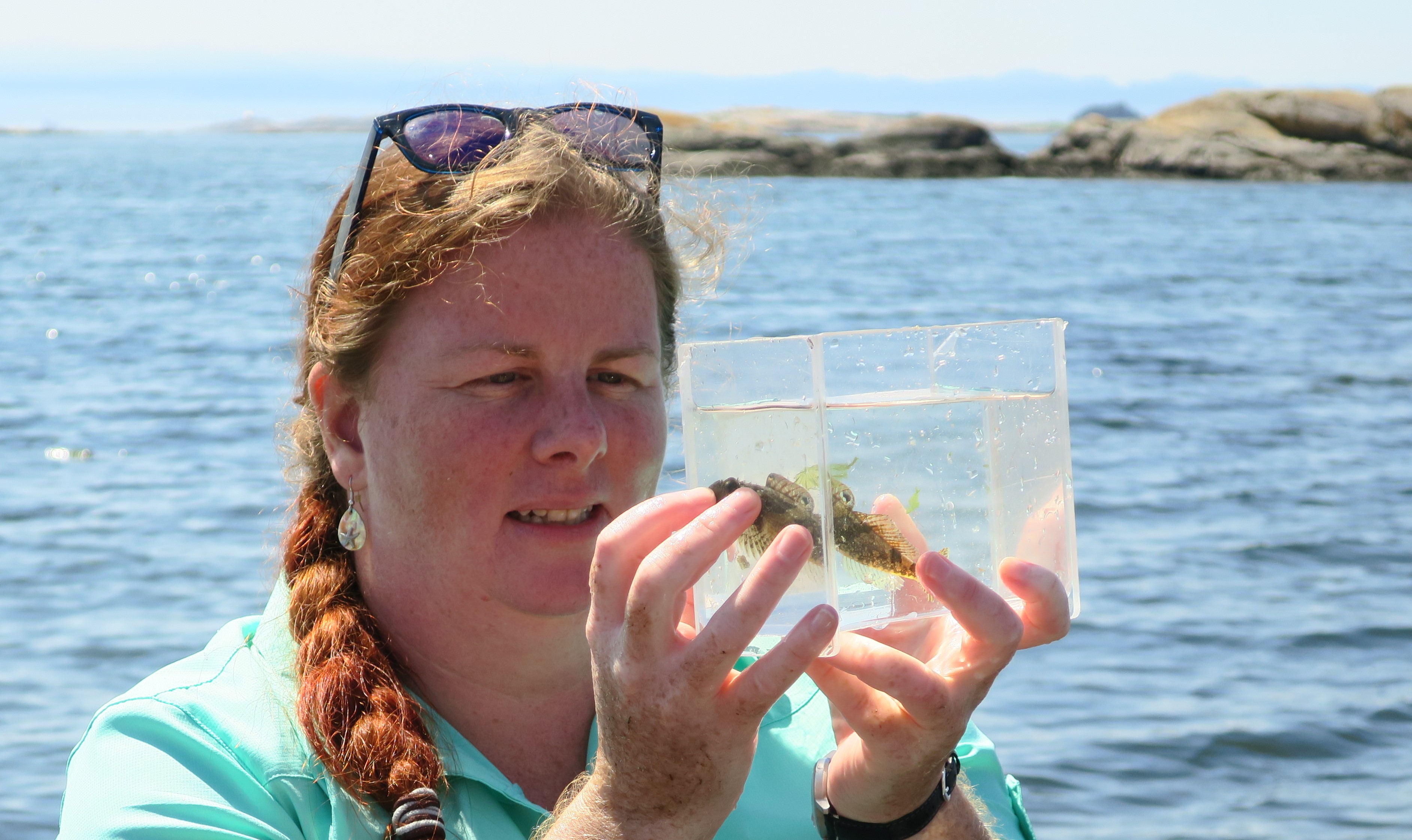
Morgan Black
Community PartnersMarine Biology Educator / Ph.D Student
My name is Morgan Black. I was born in central BC, and have been a grateful resident of Vancouver Island since I was two years old. I was a naturalist from a very young age and developed a strong…
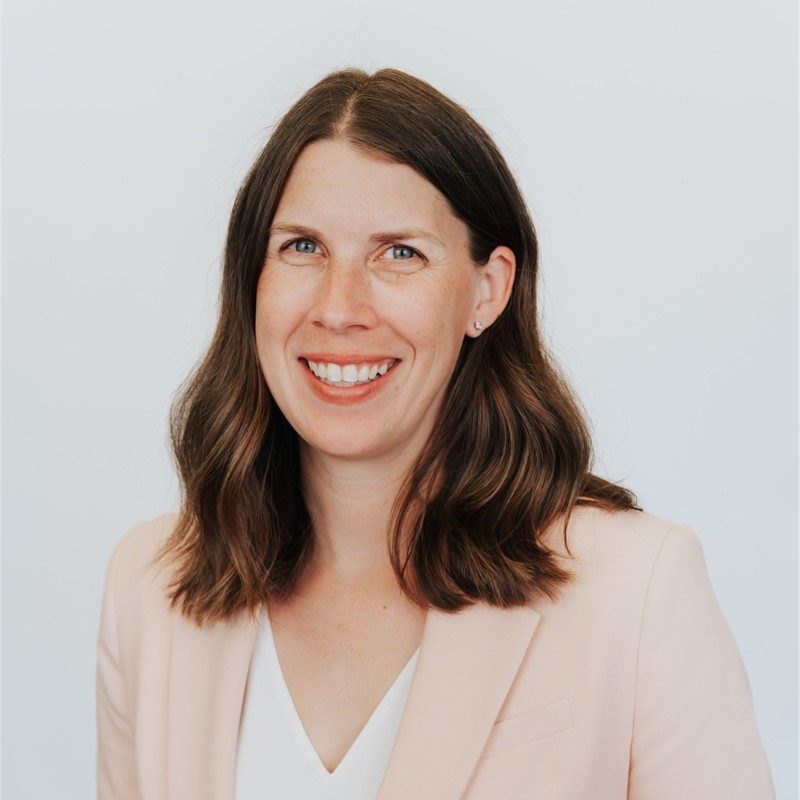
Melissa Yestrau
Community PartnersActua, Network Member Leadership and Development Coach
I grew up spending summers at my grandma’s farm in rural Manitoba. My love for the natural environment was influenced by my grandma, as she had a deep understanding of plants, animals…